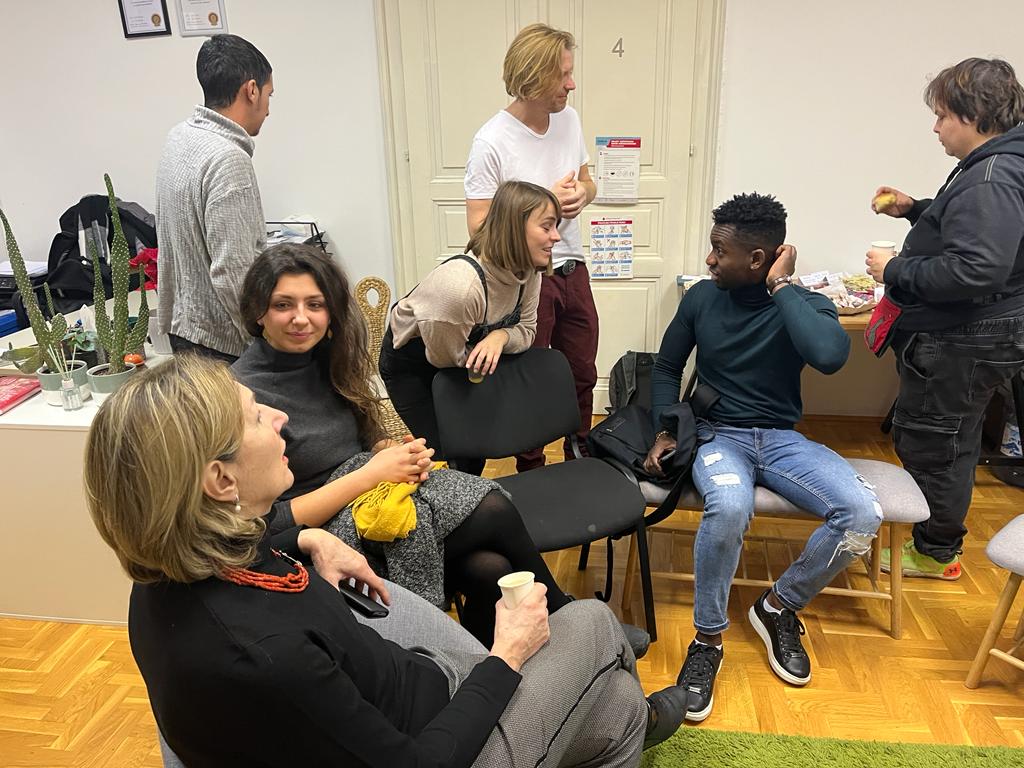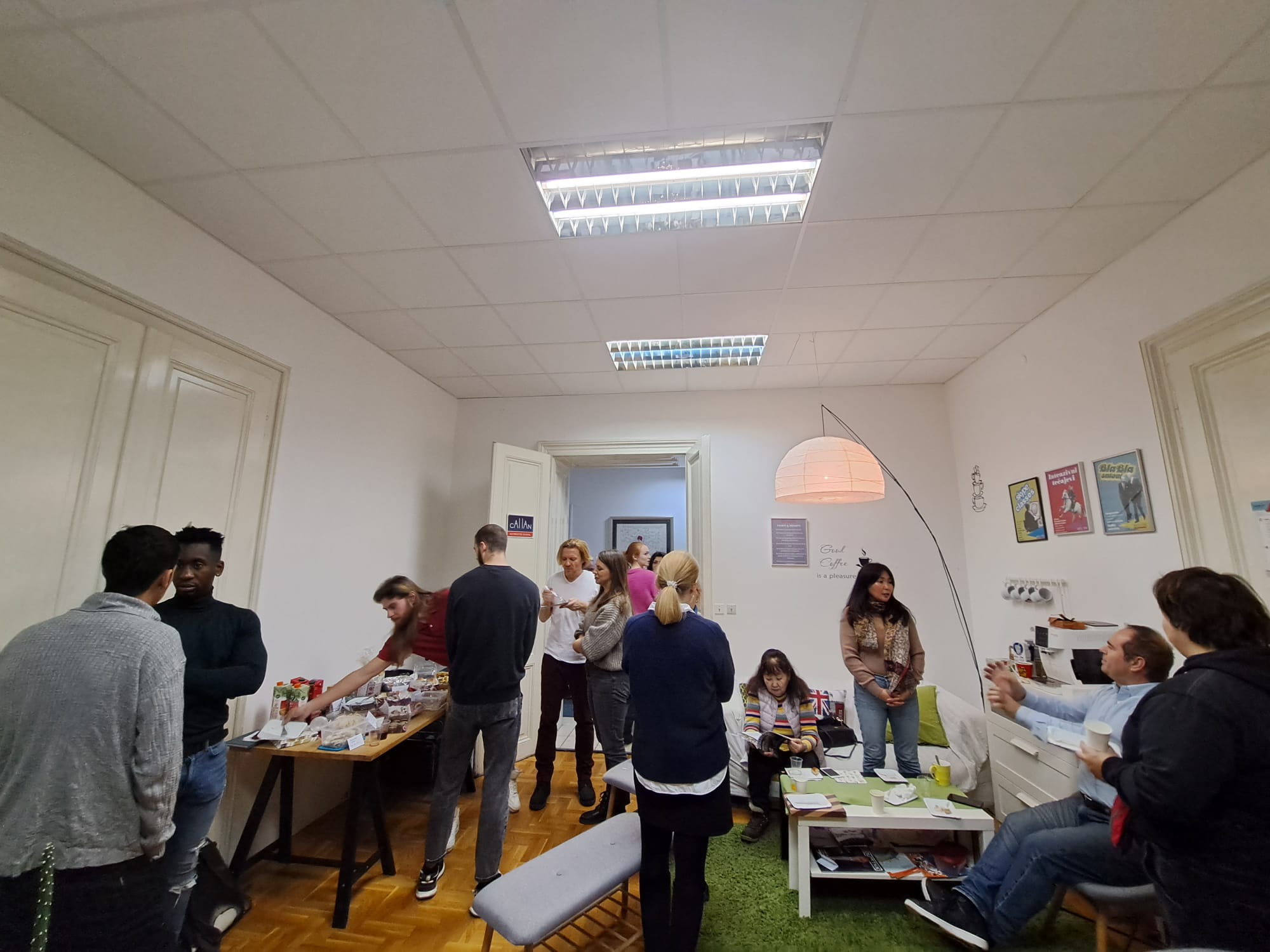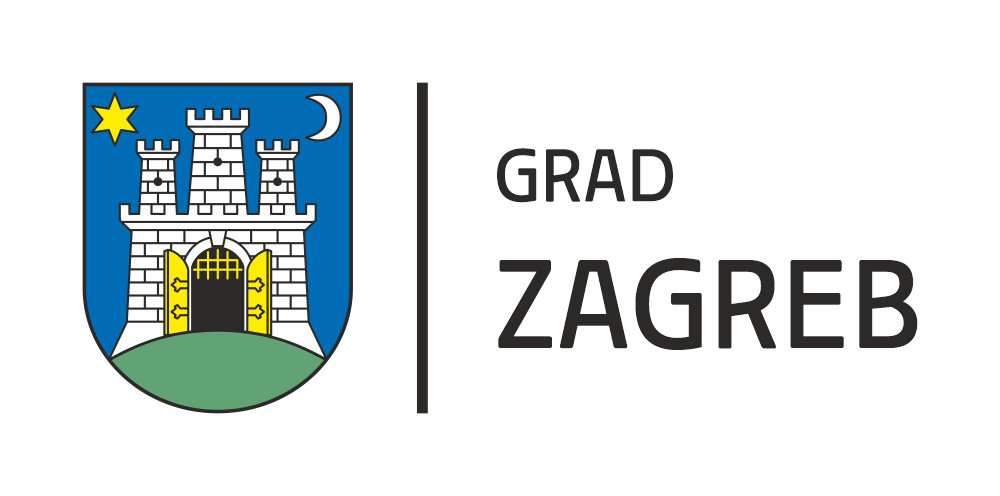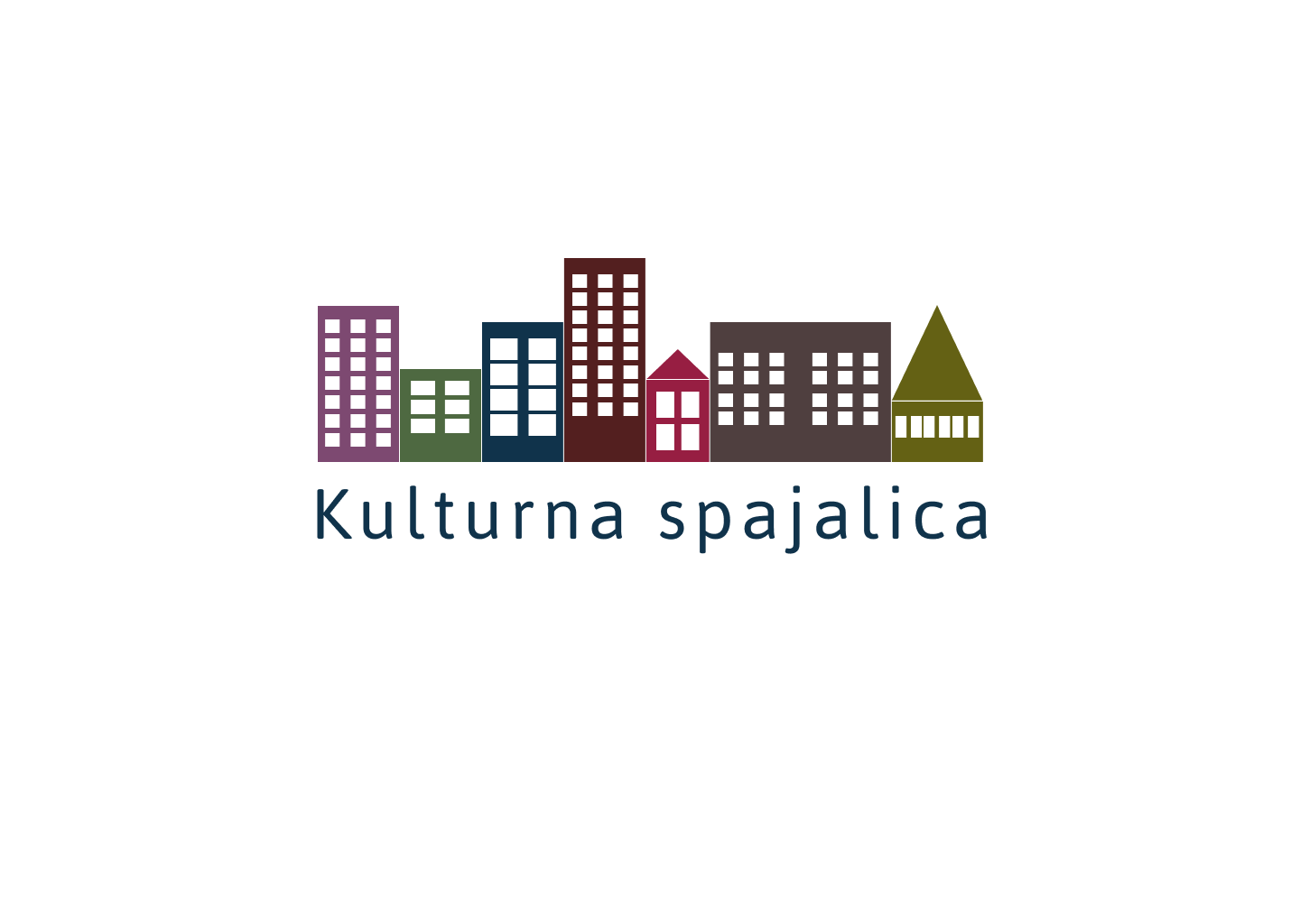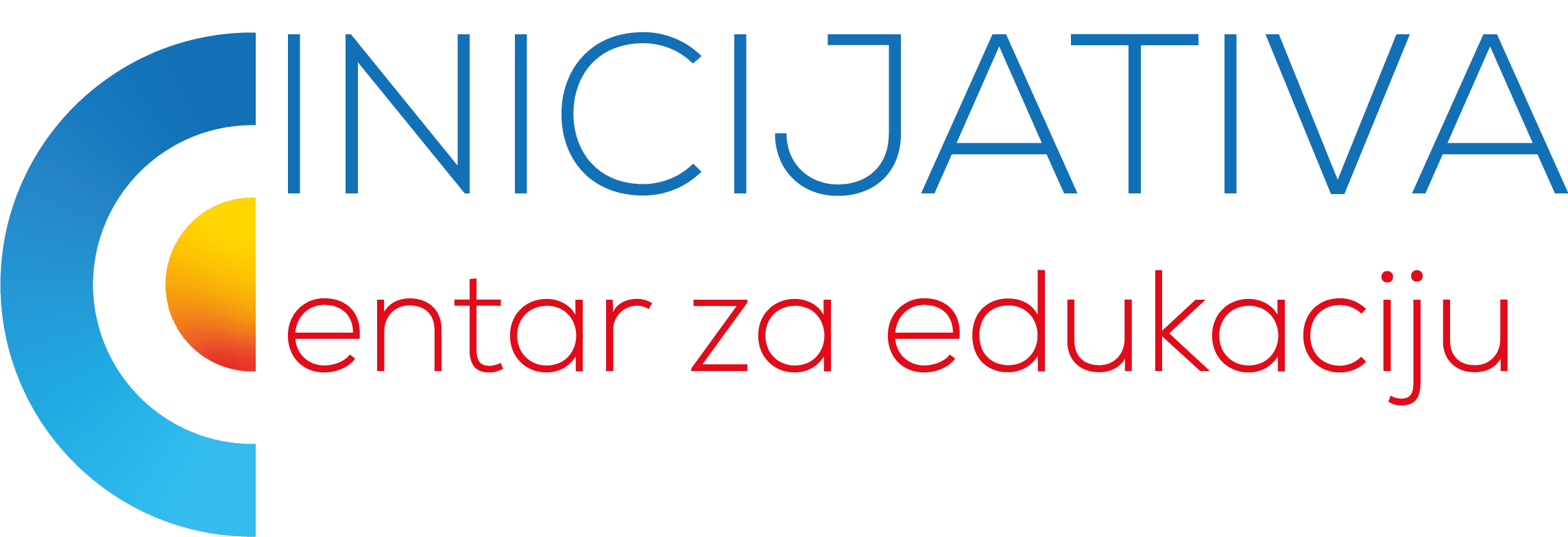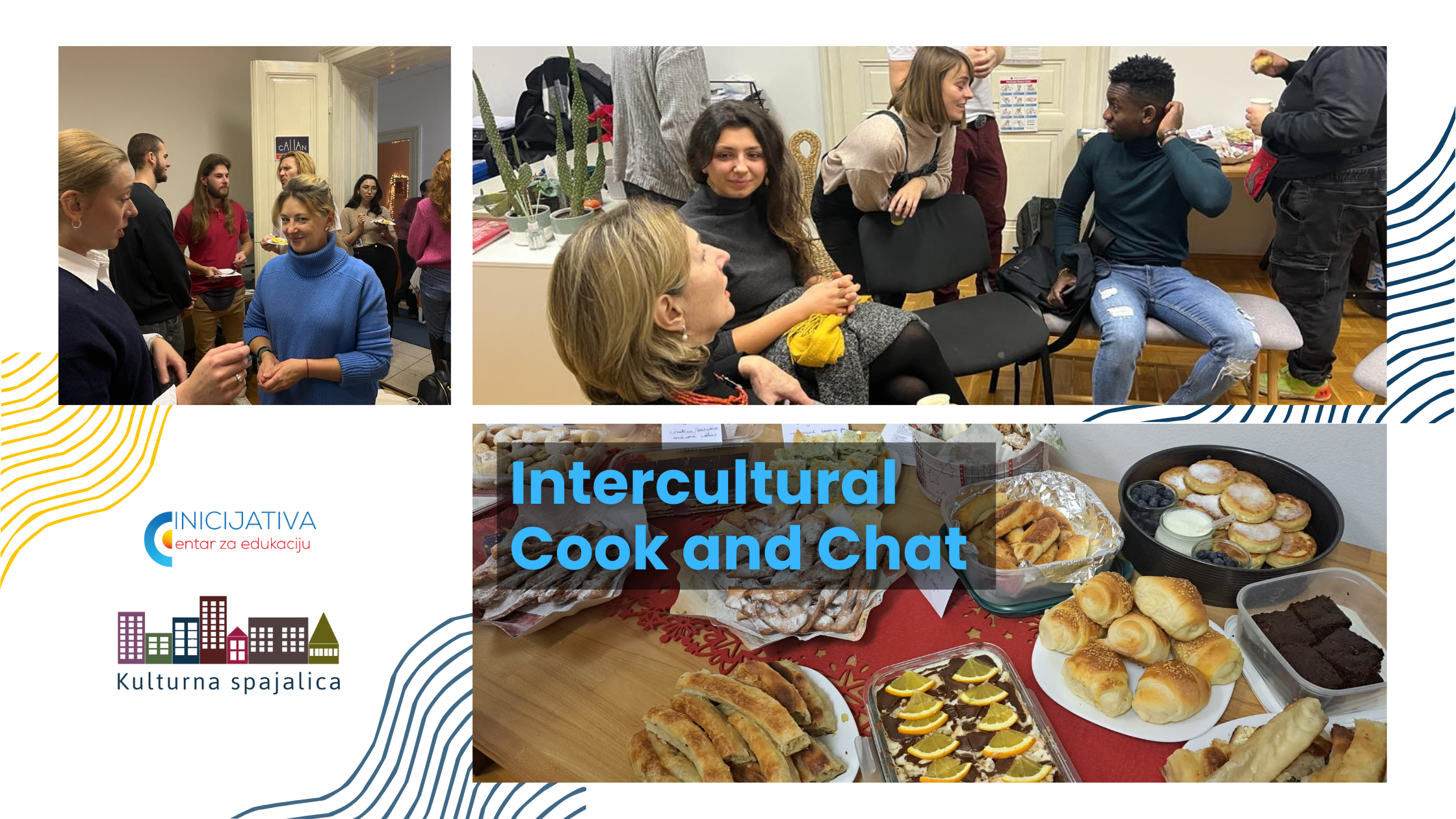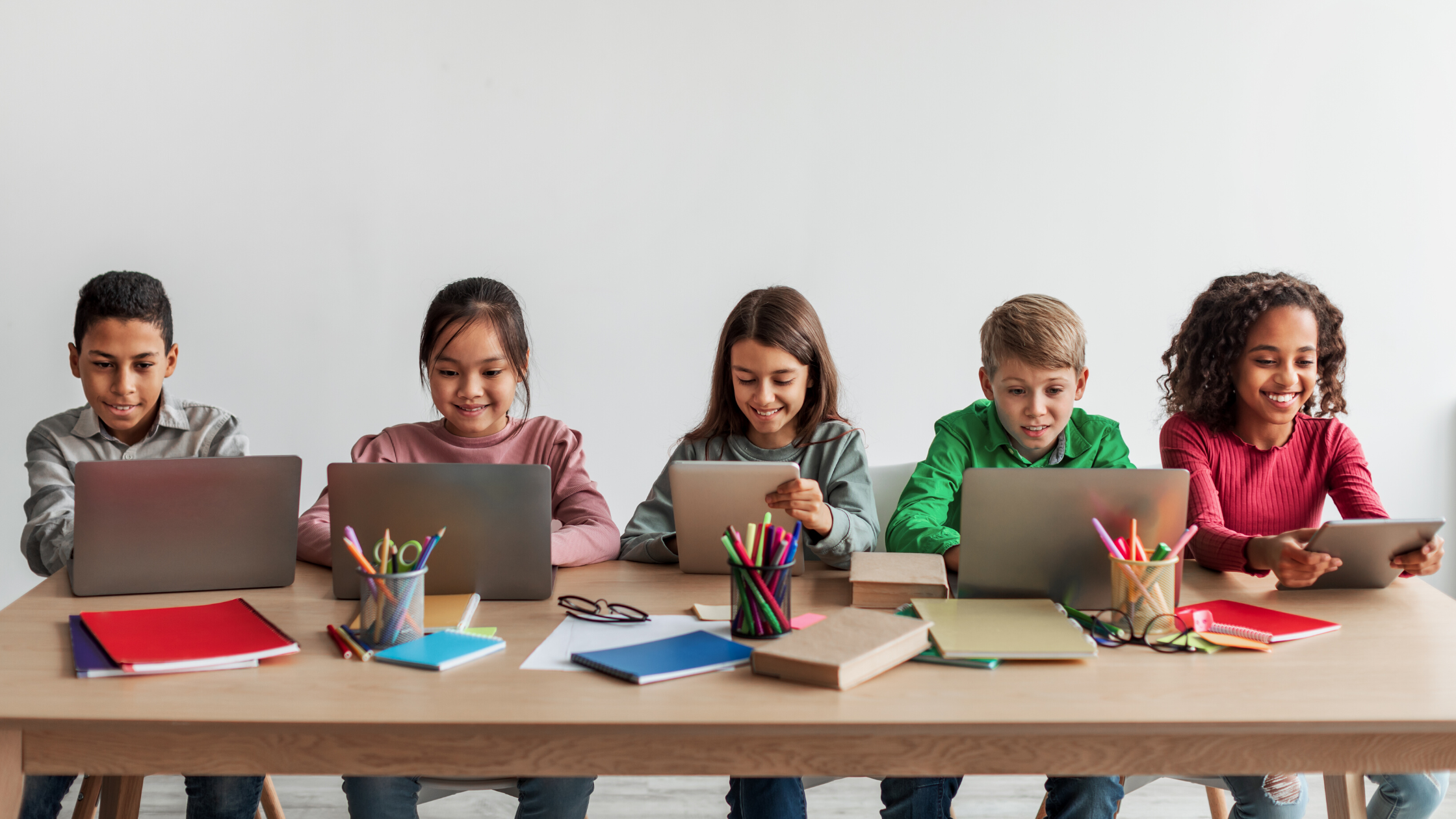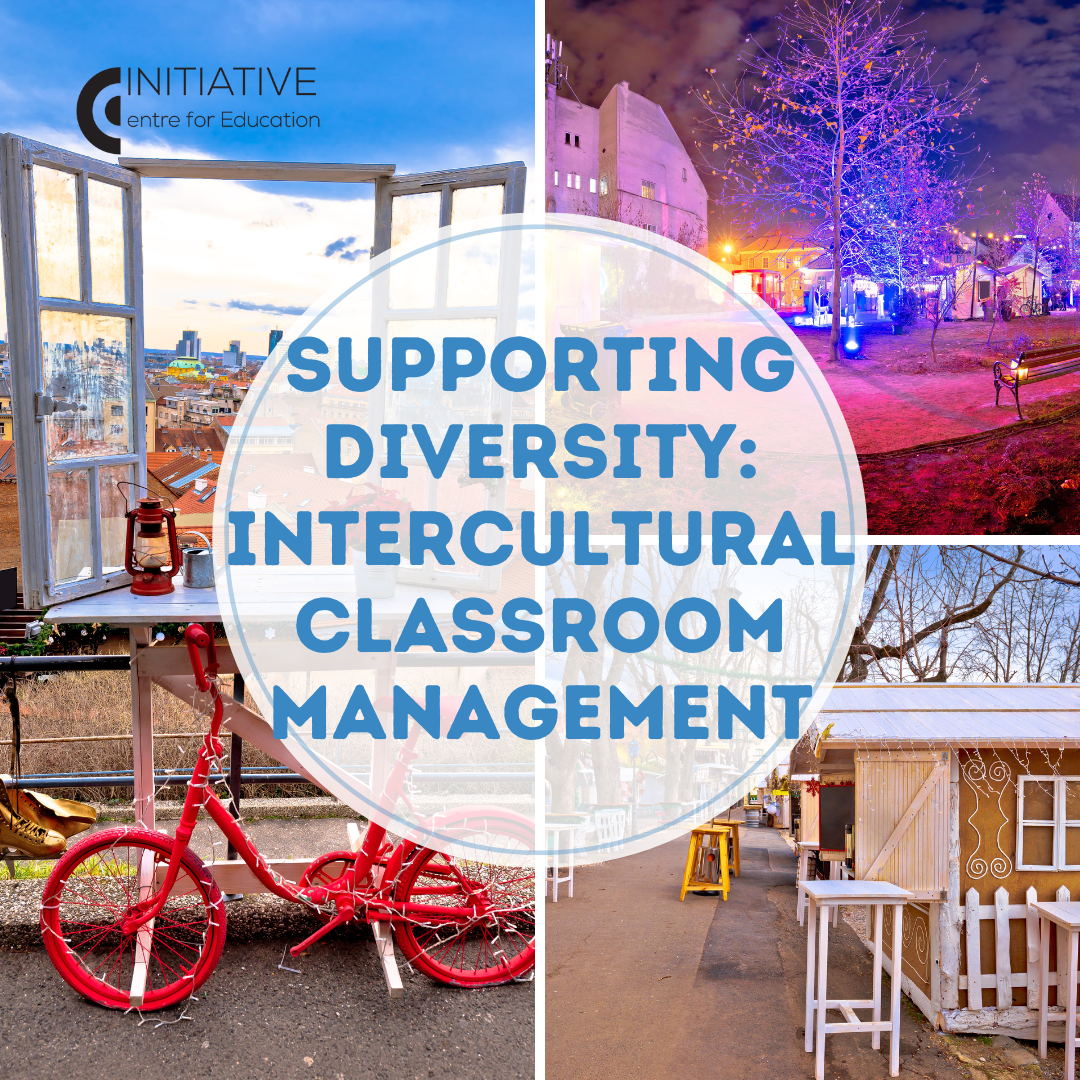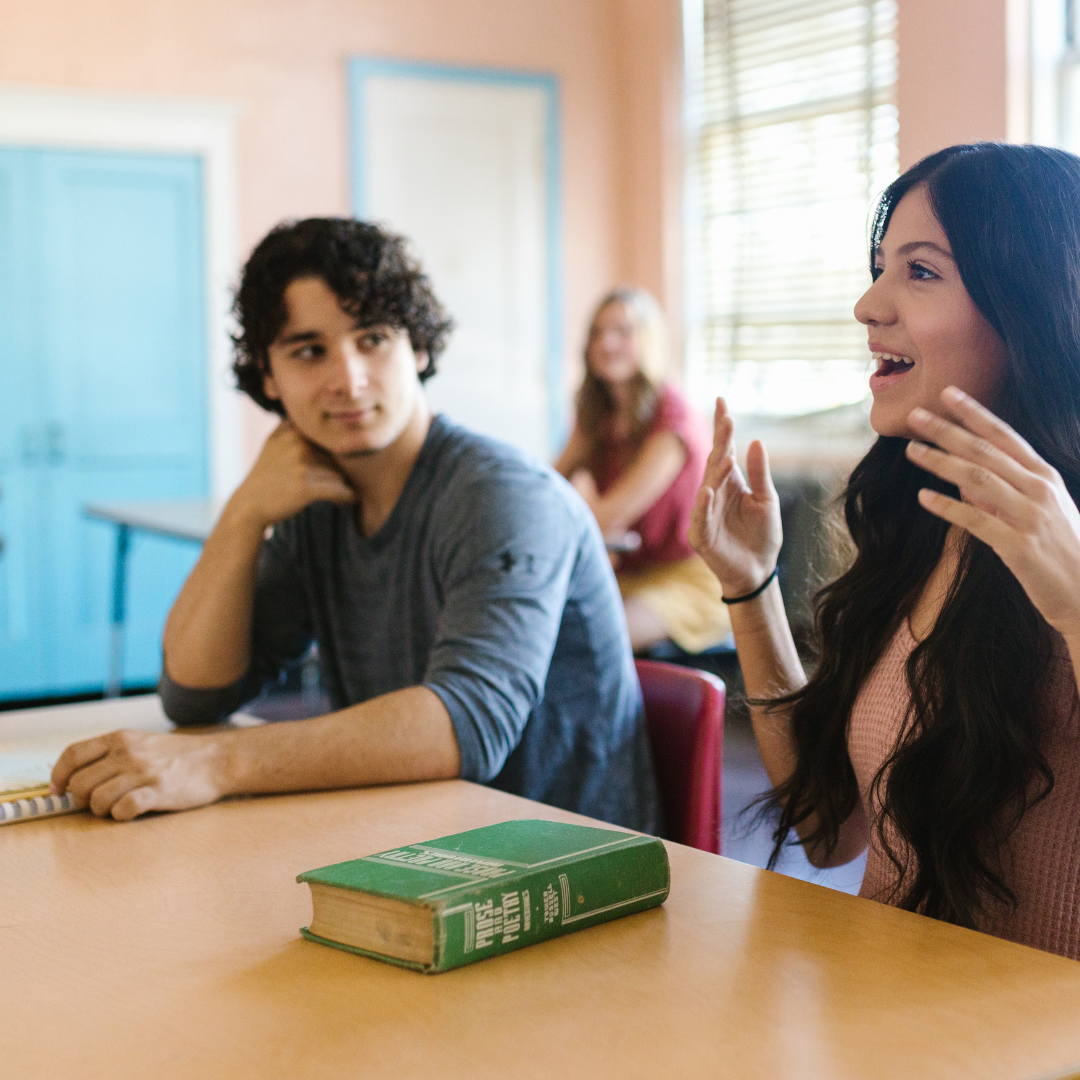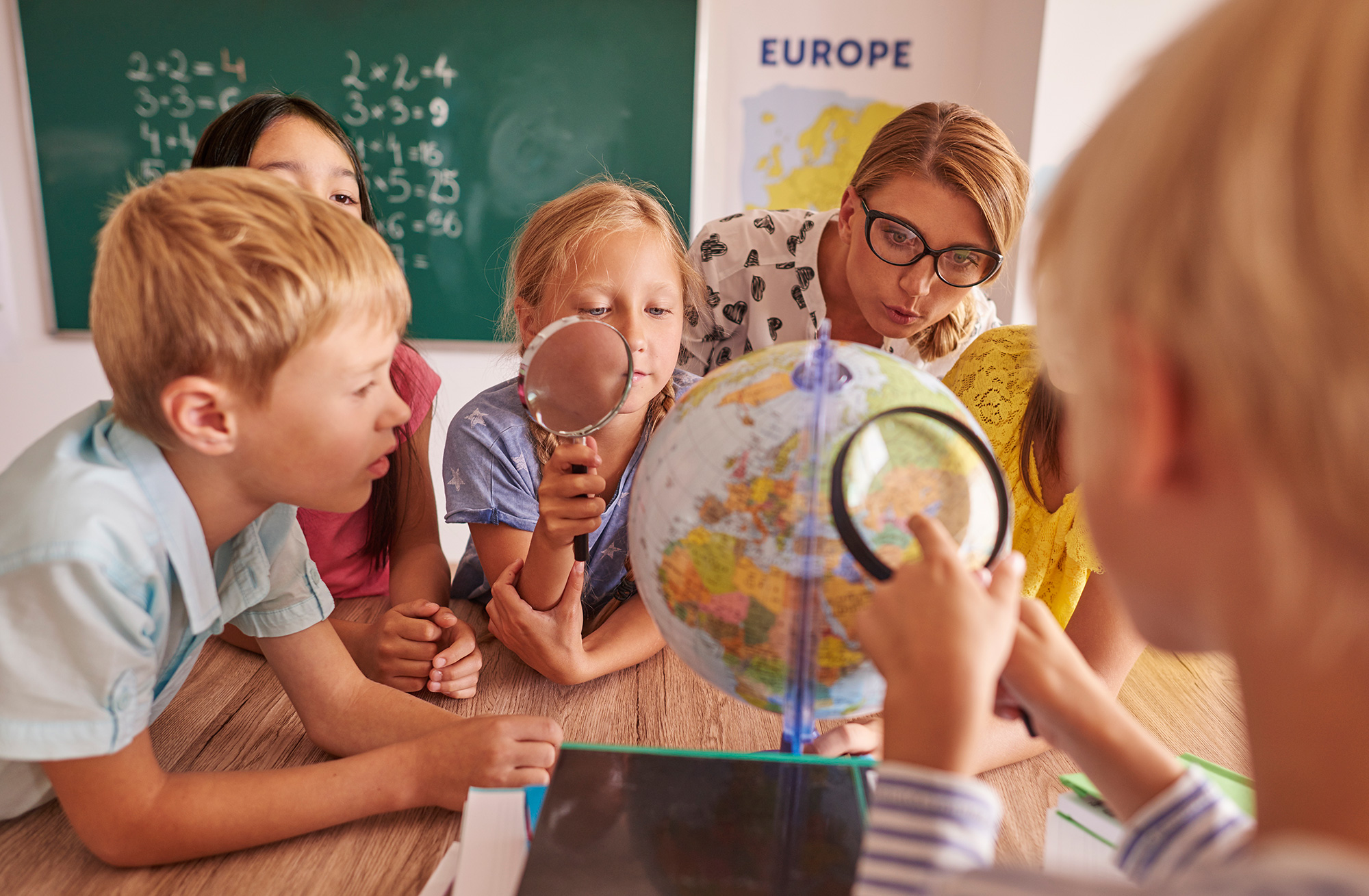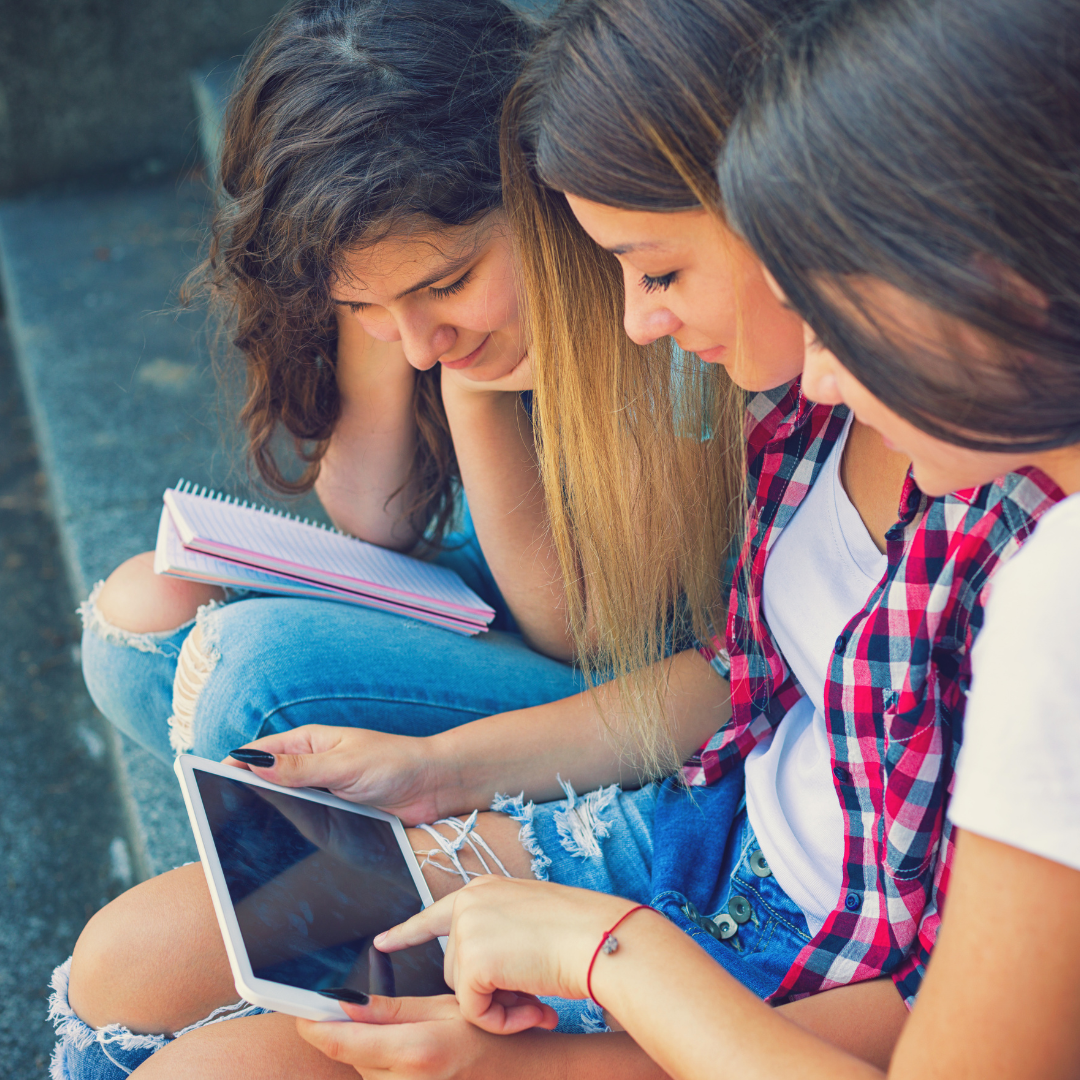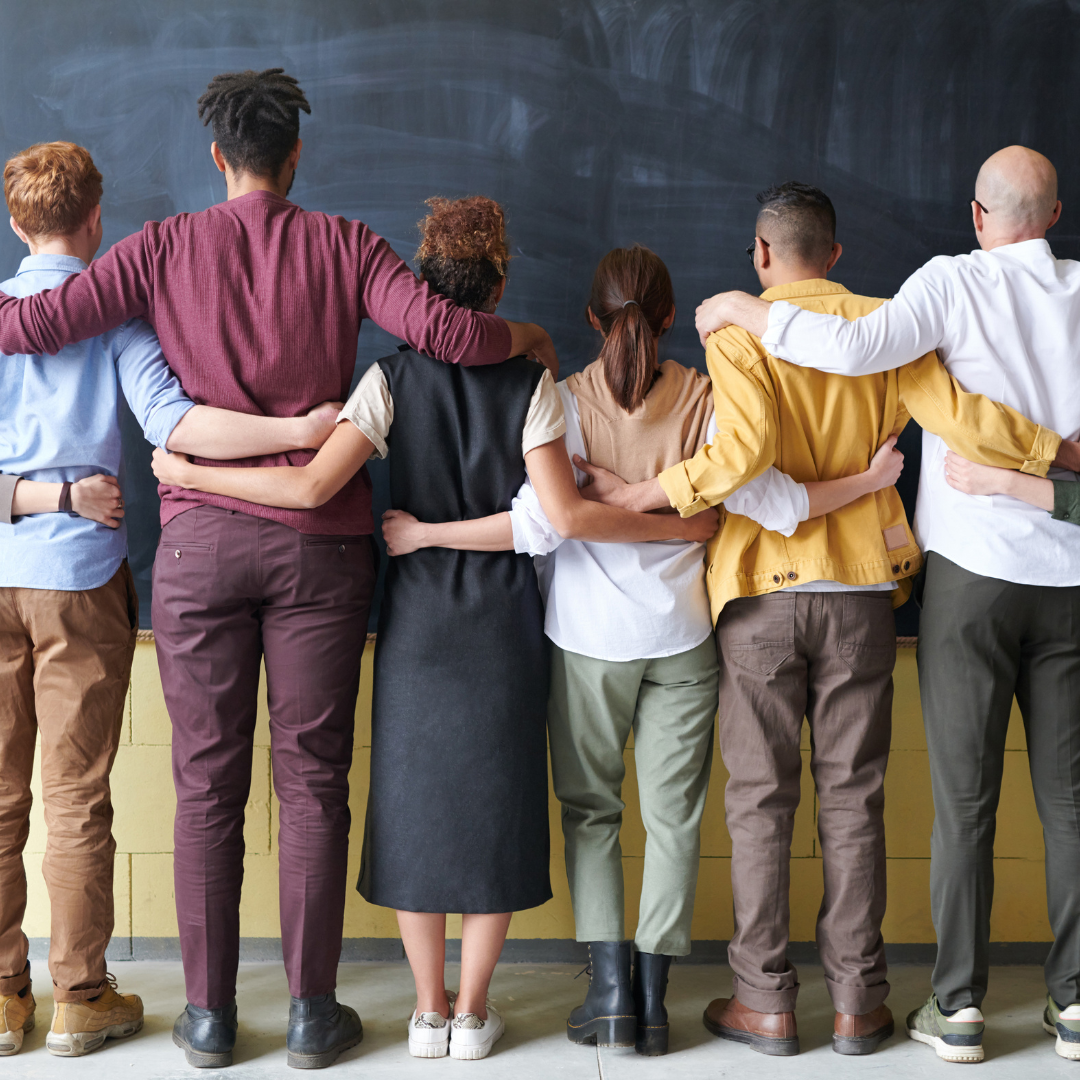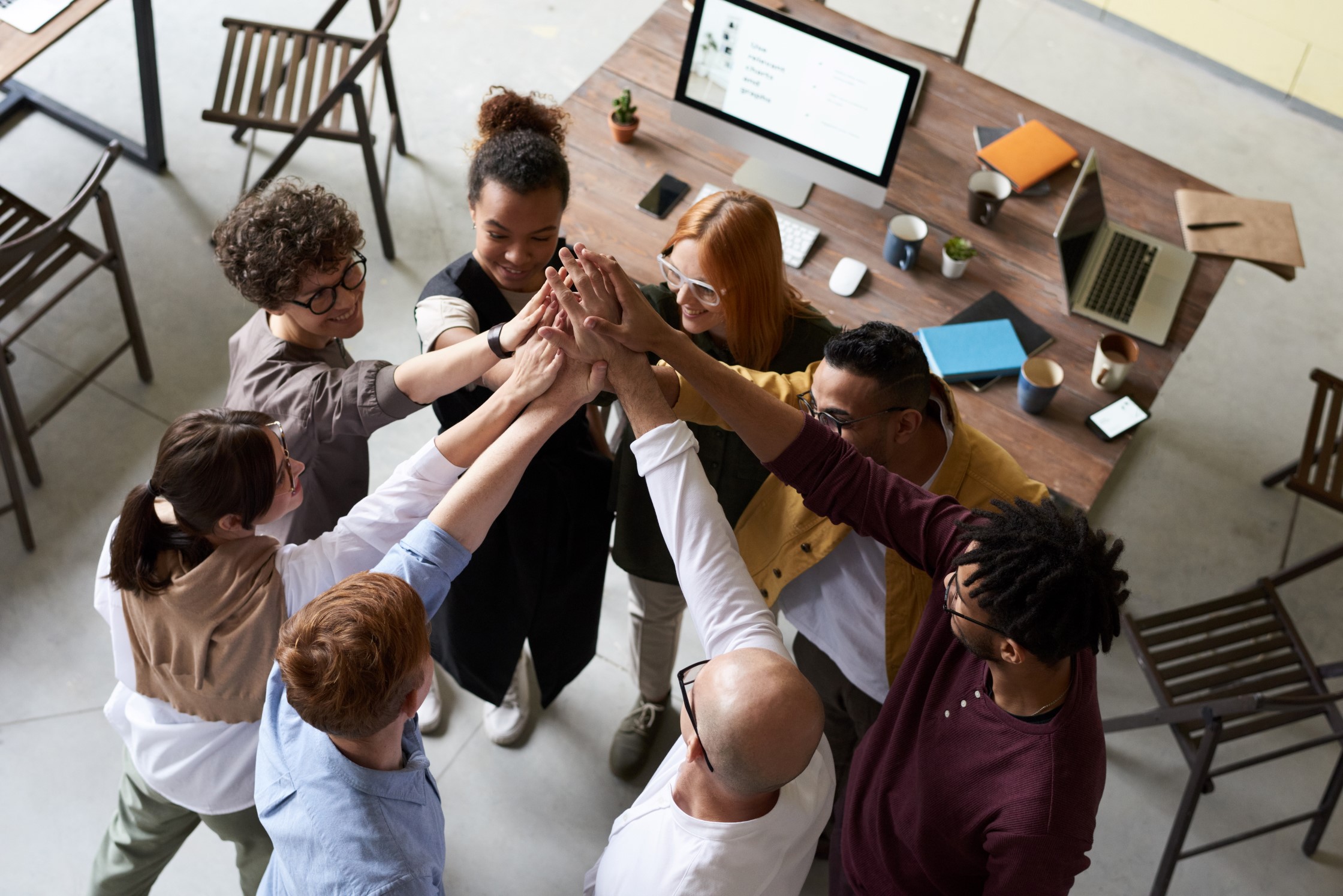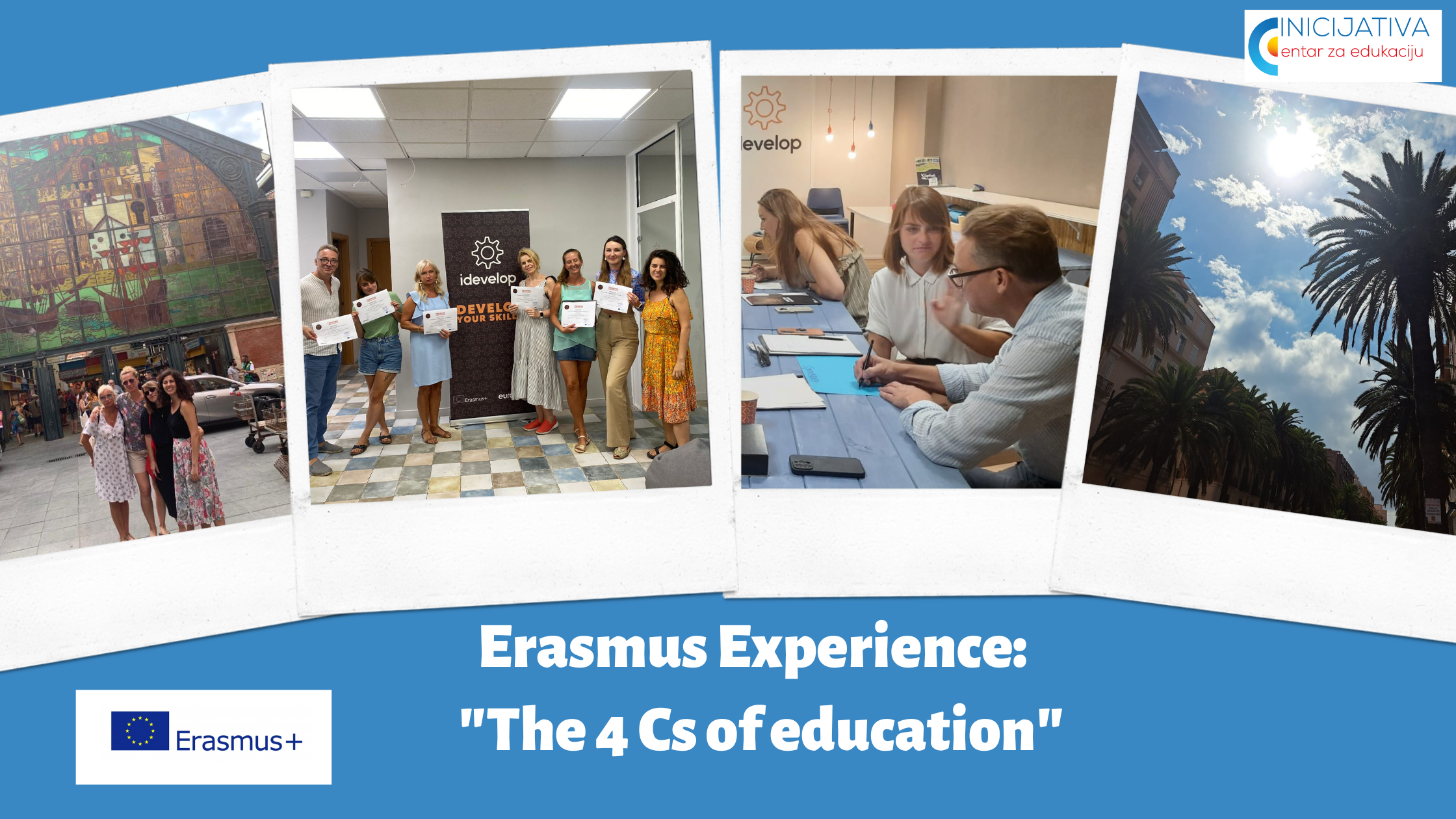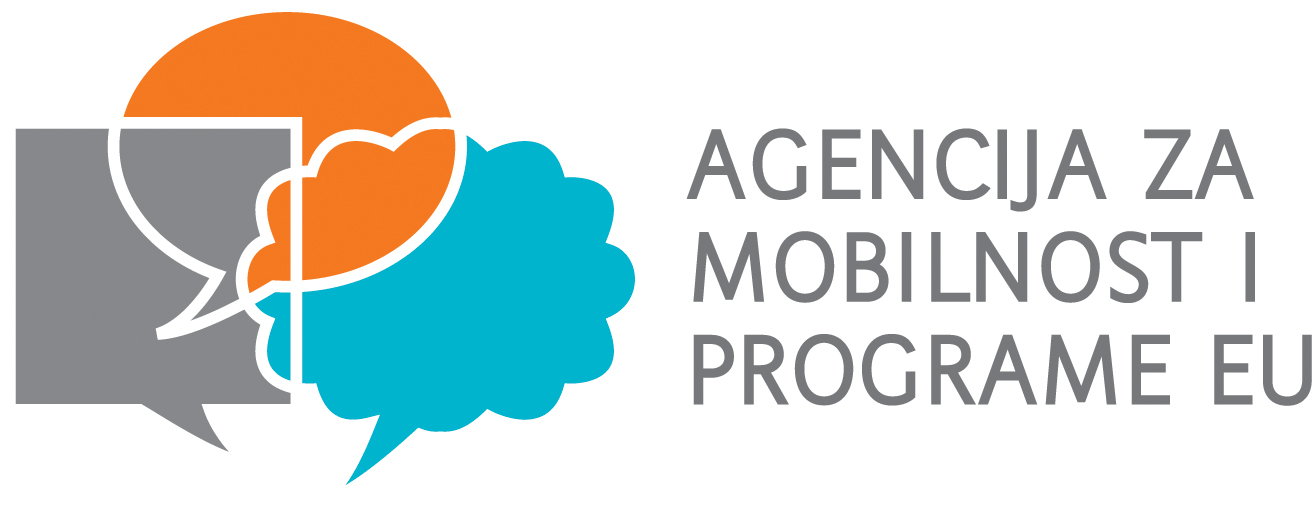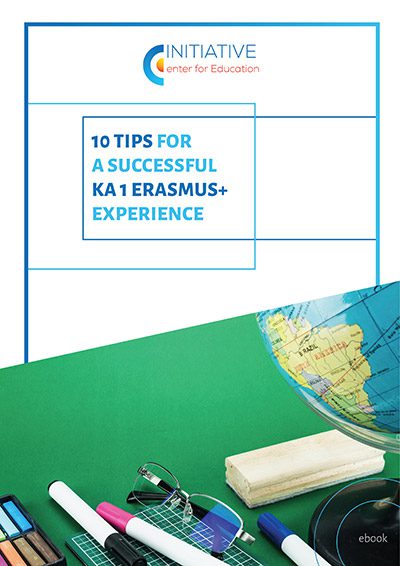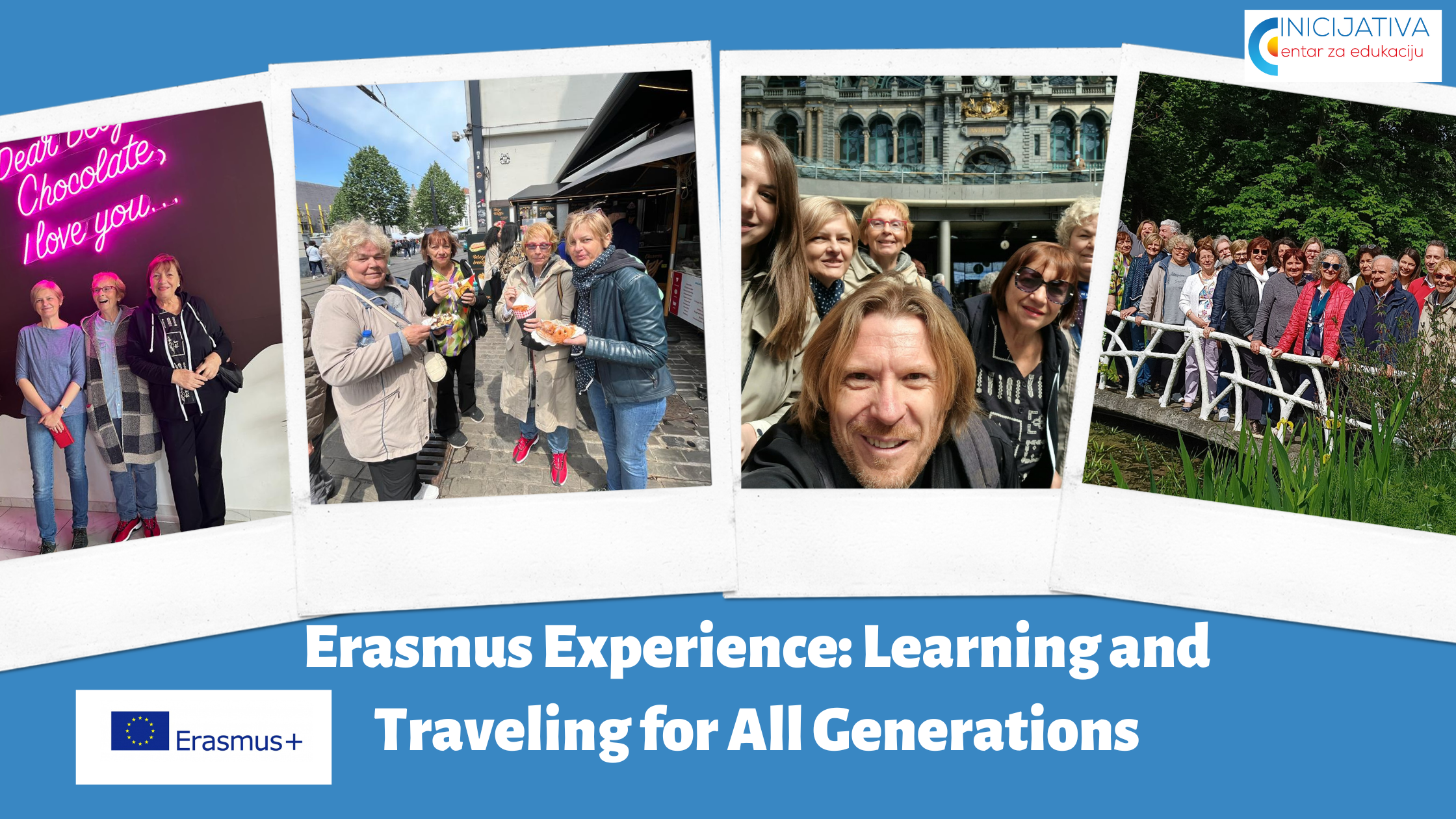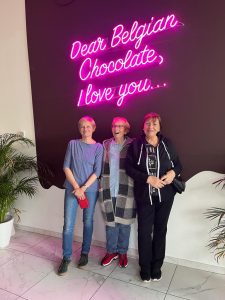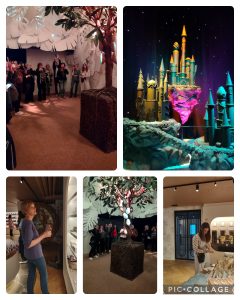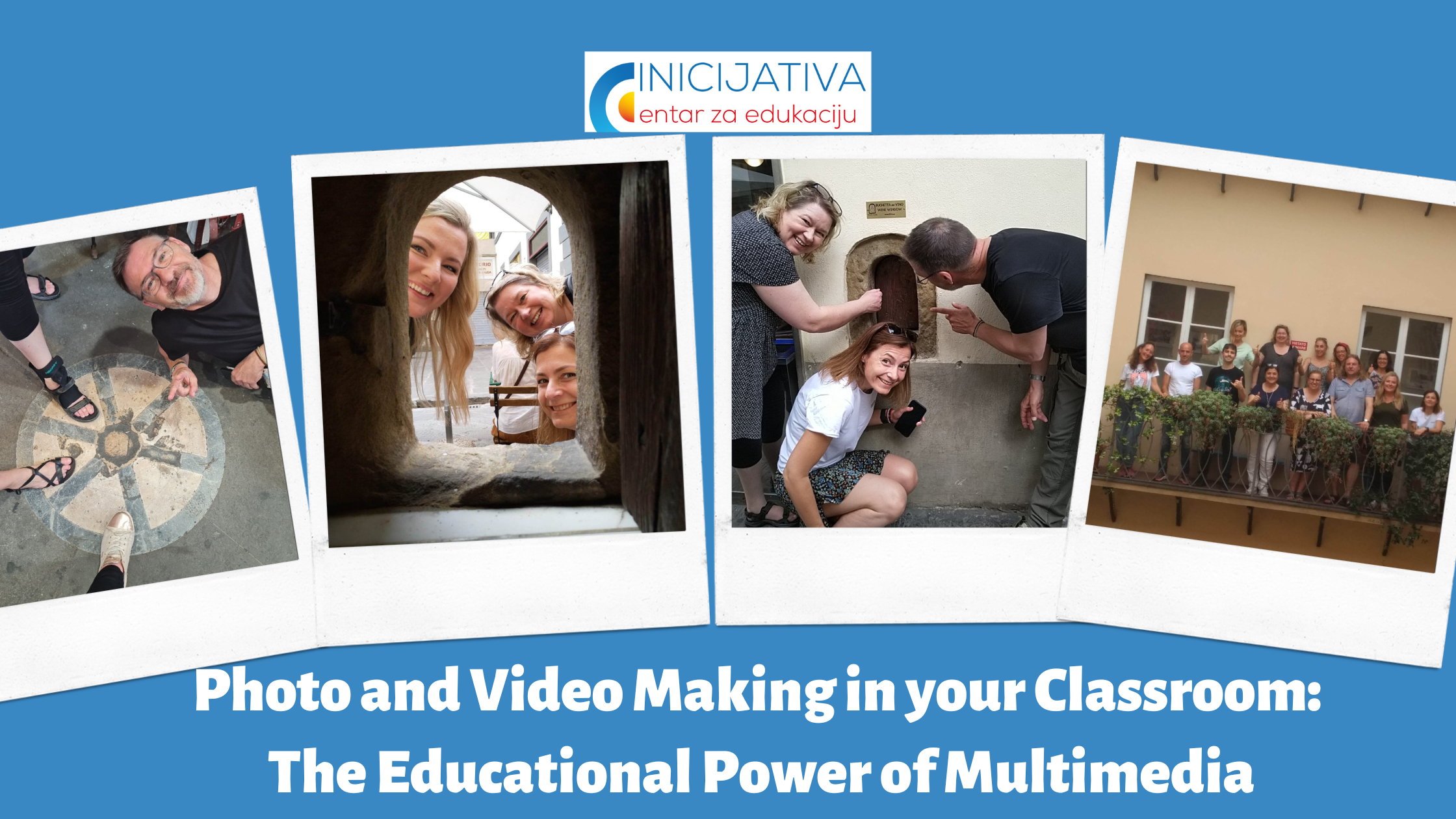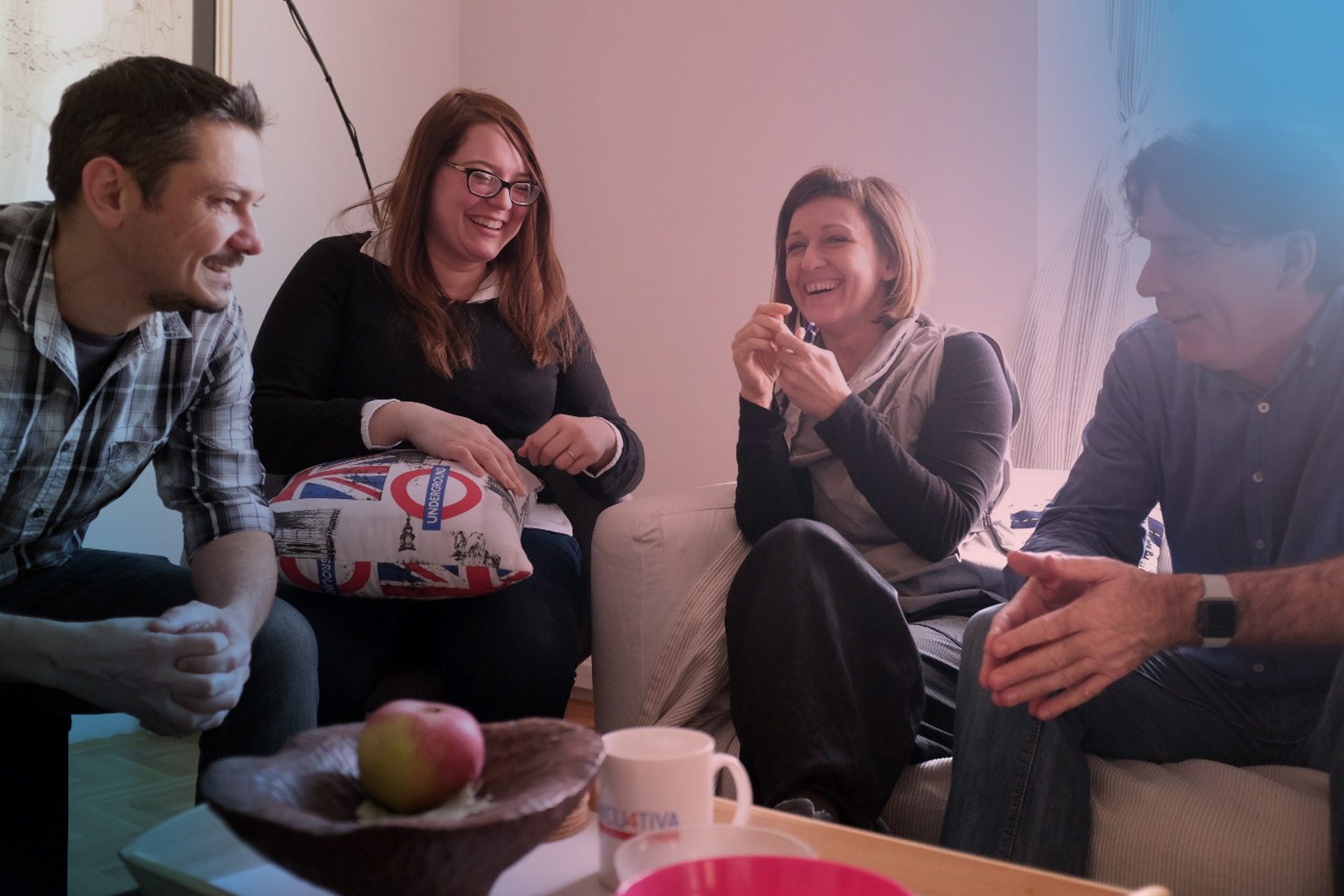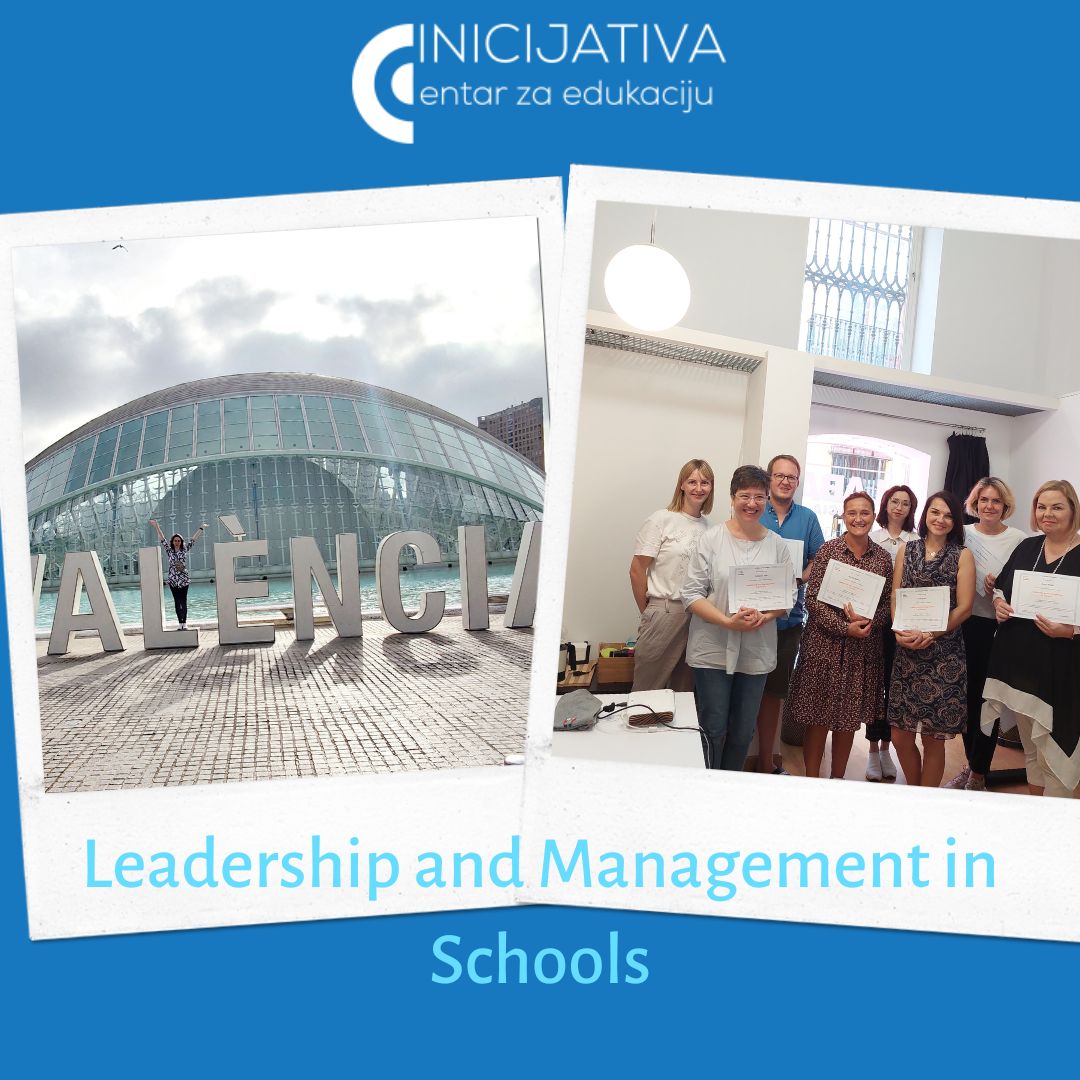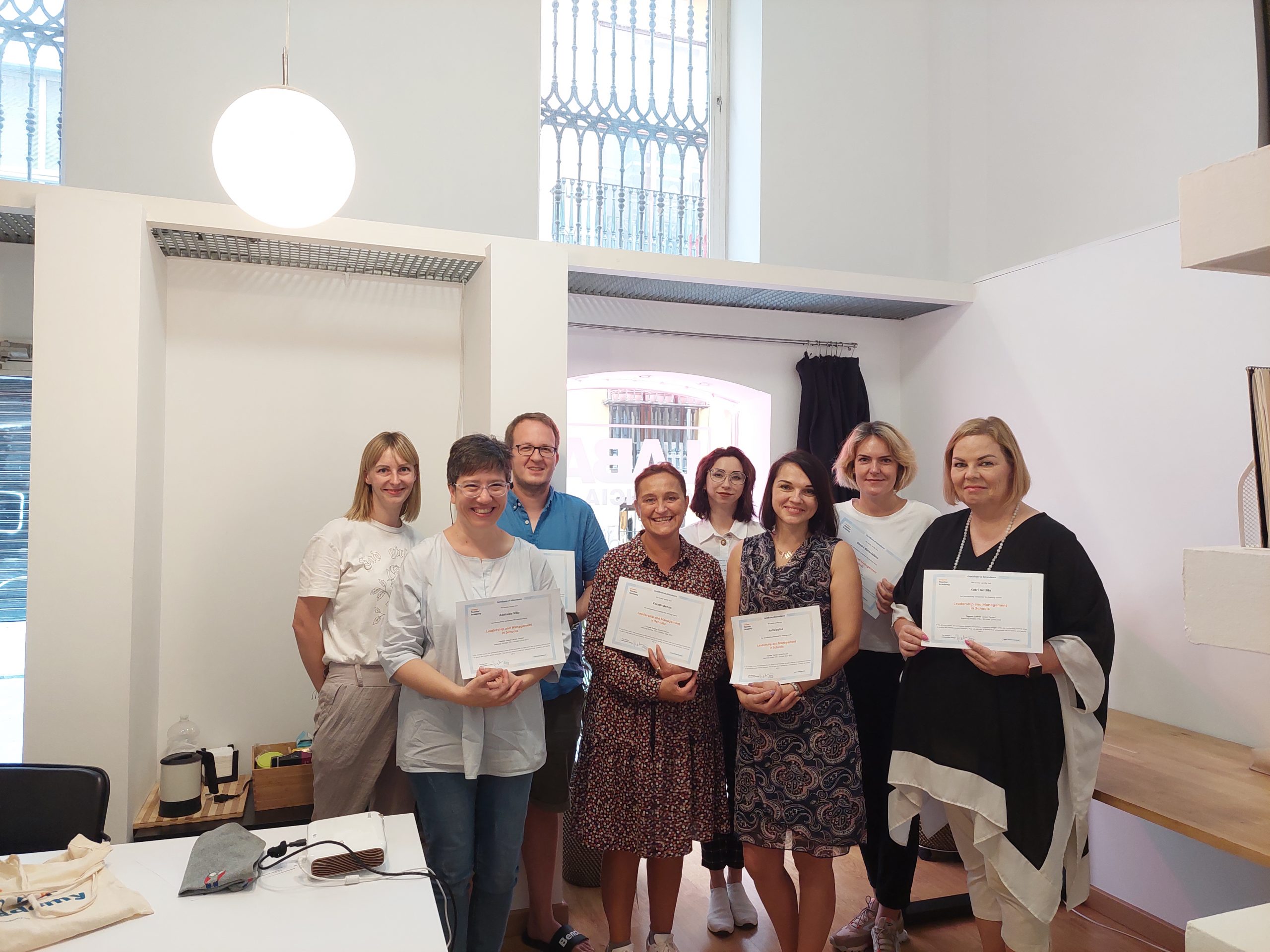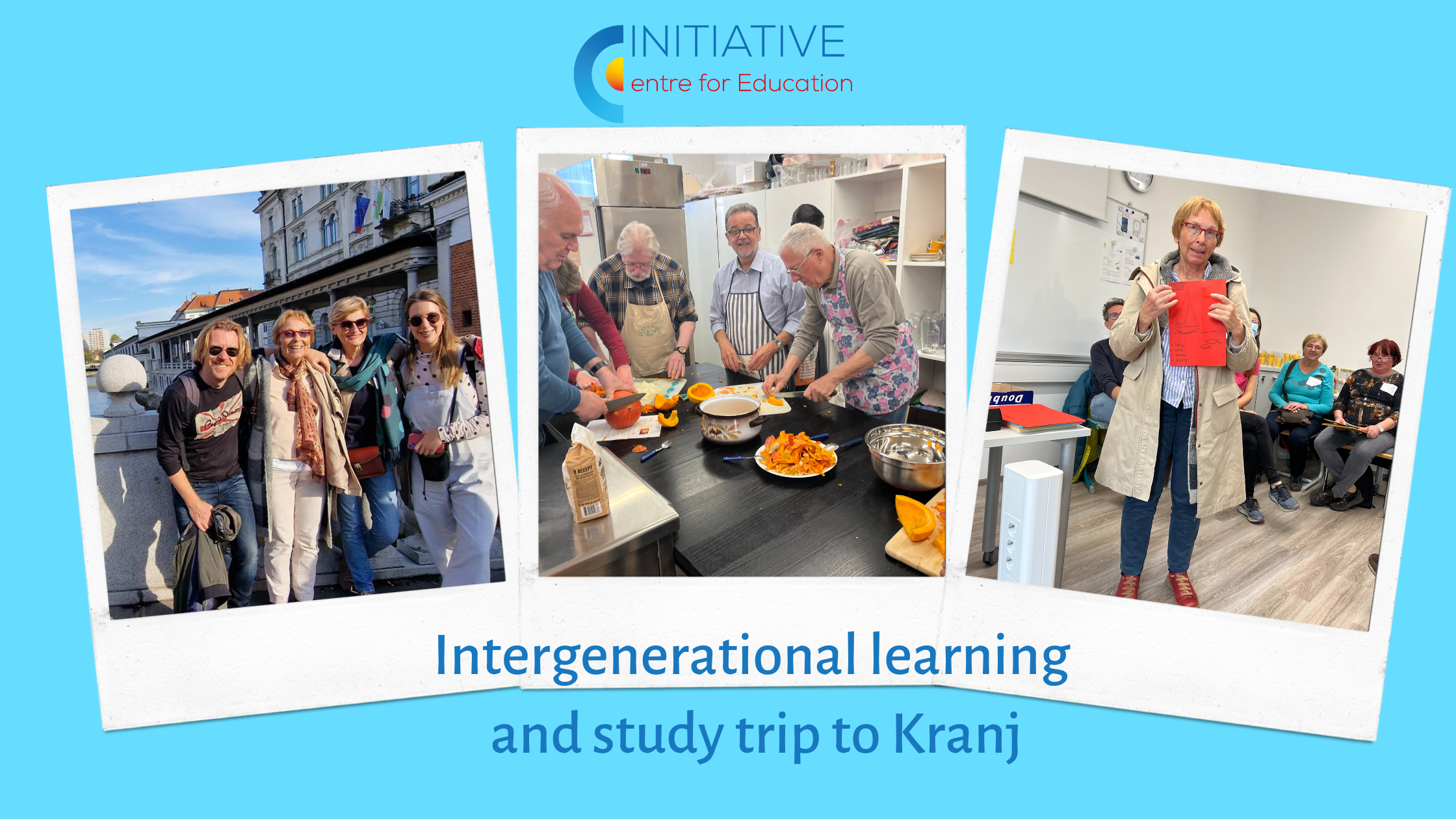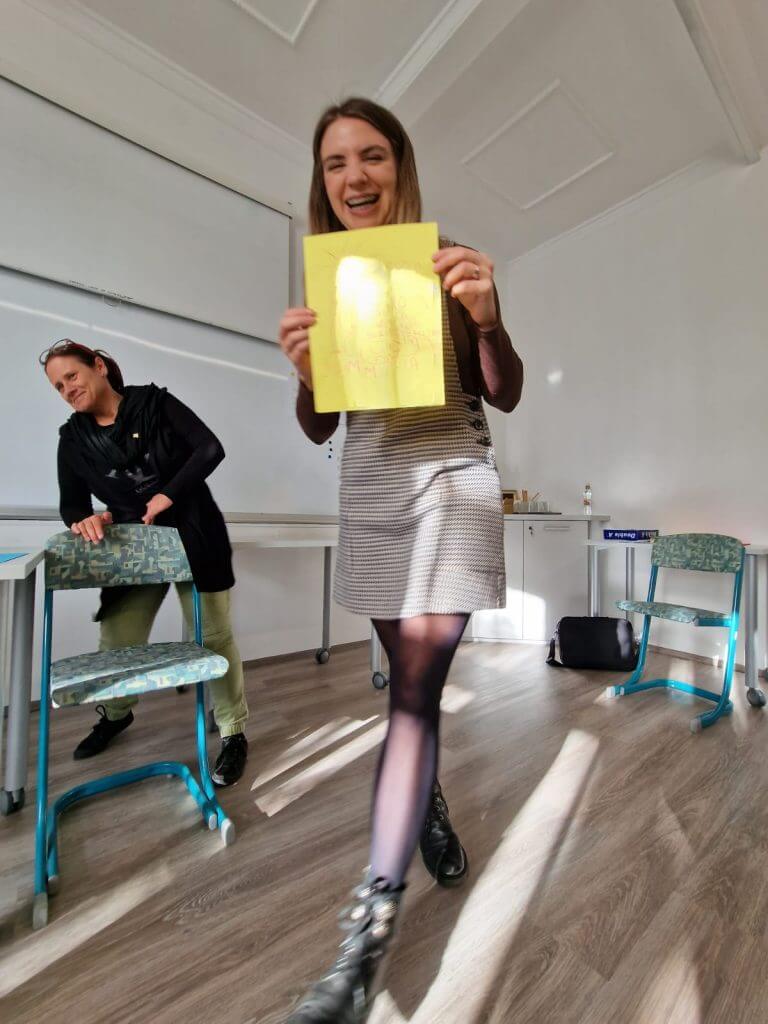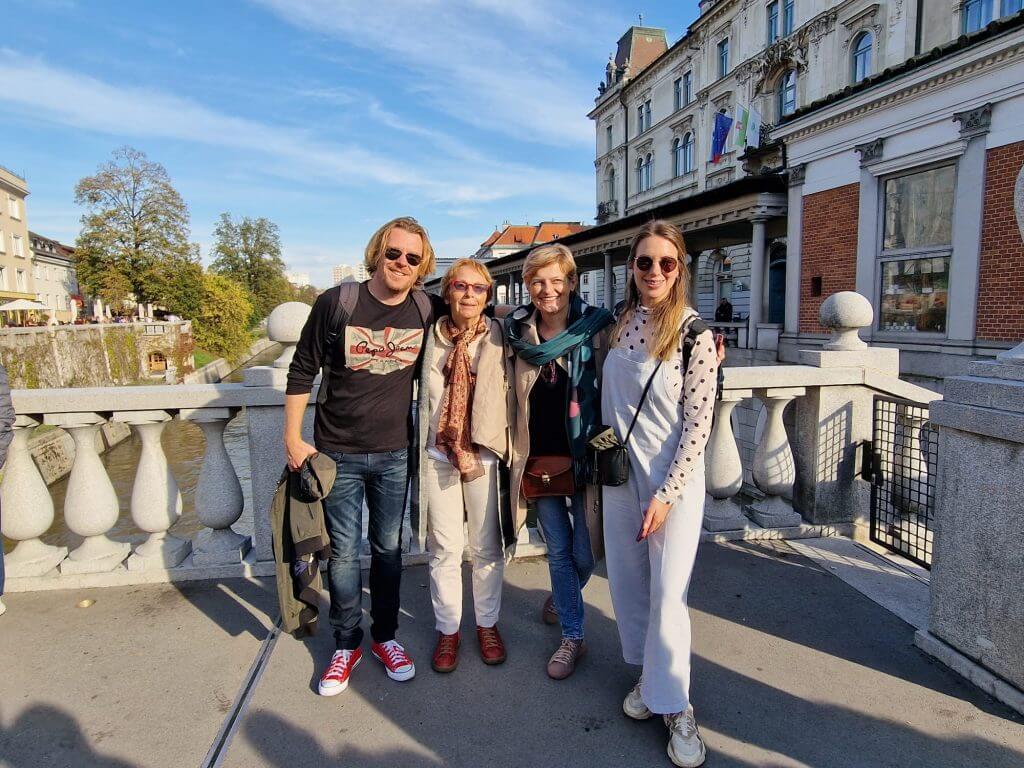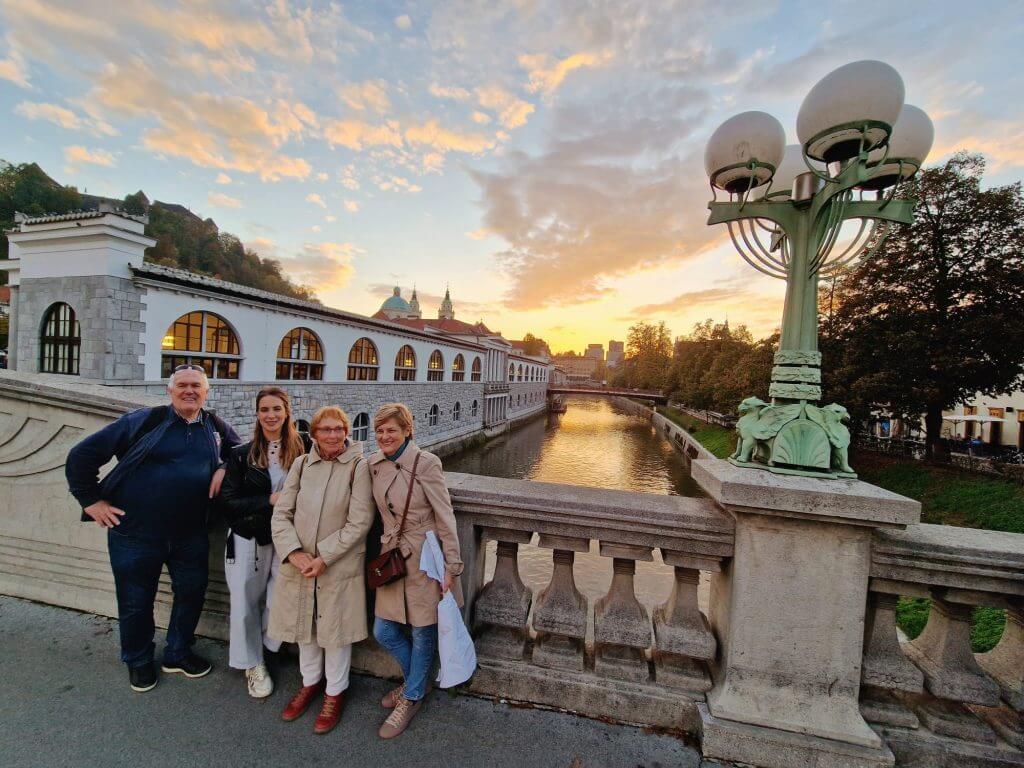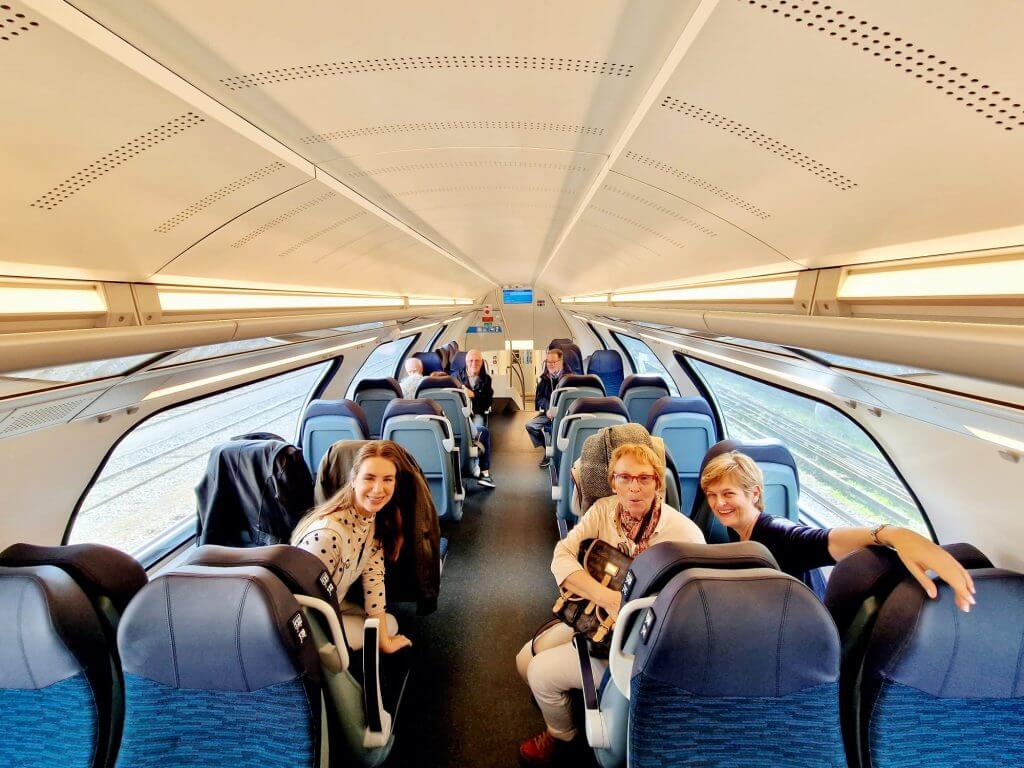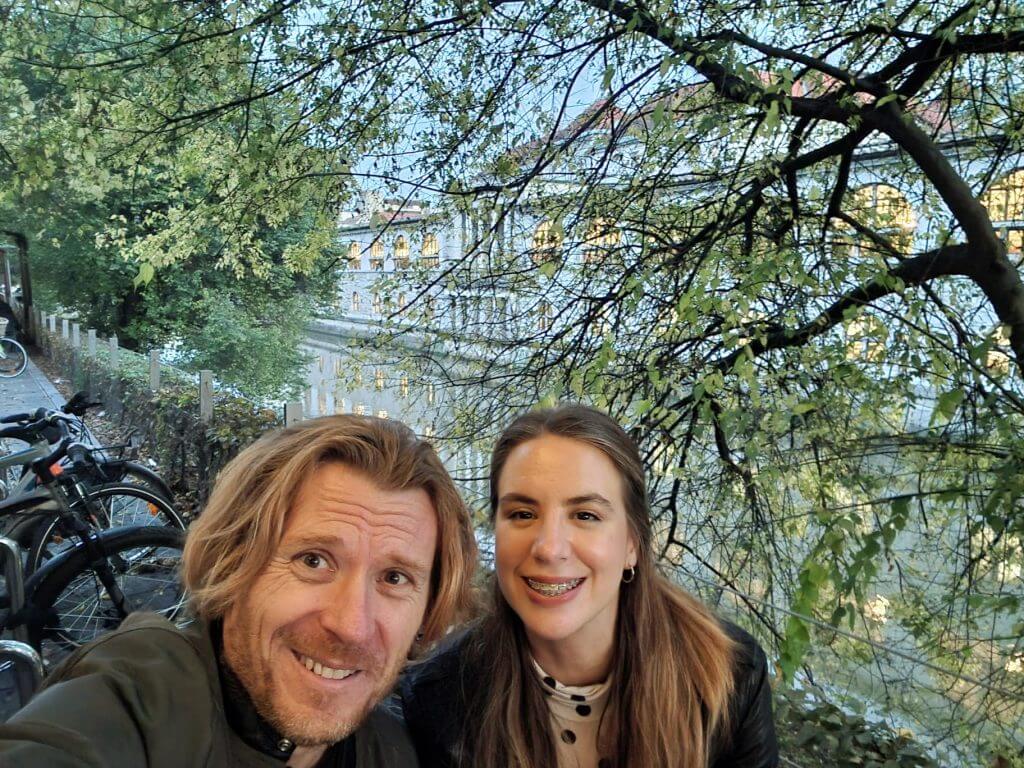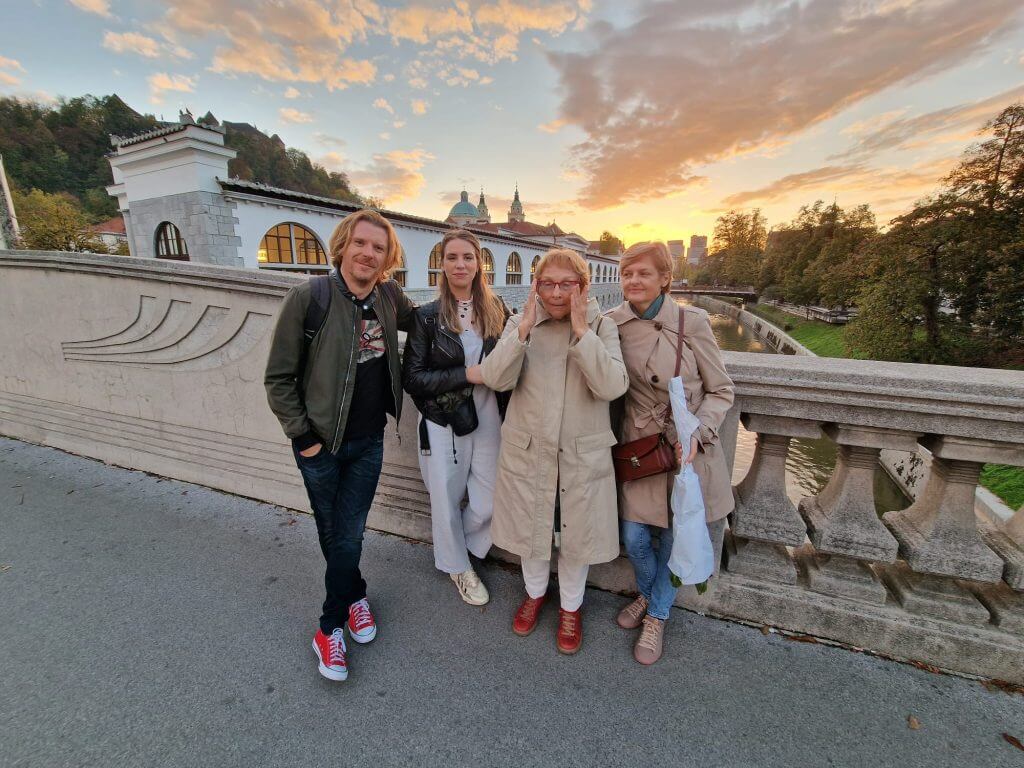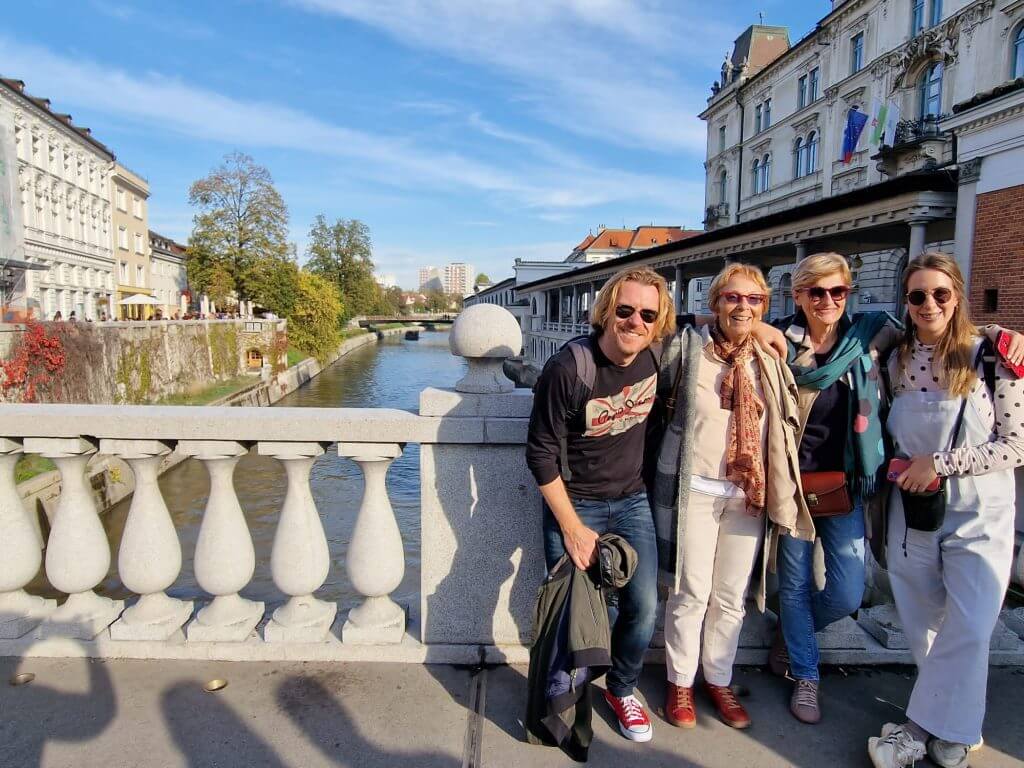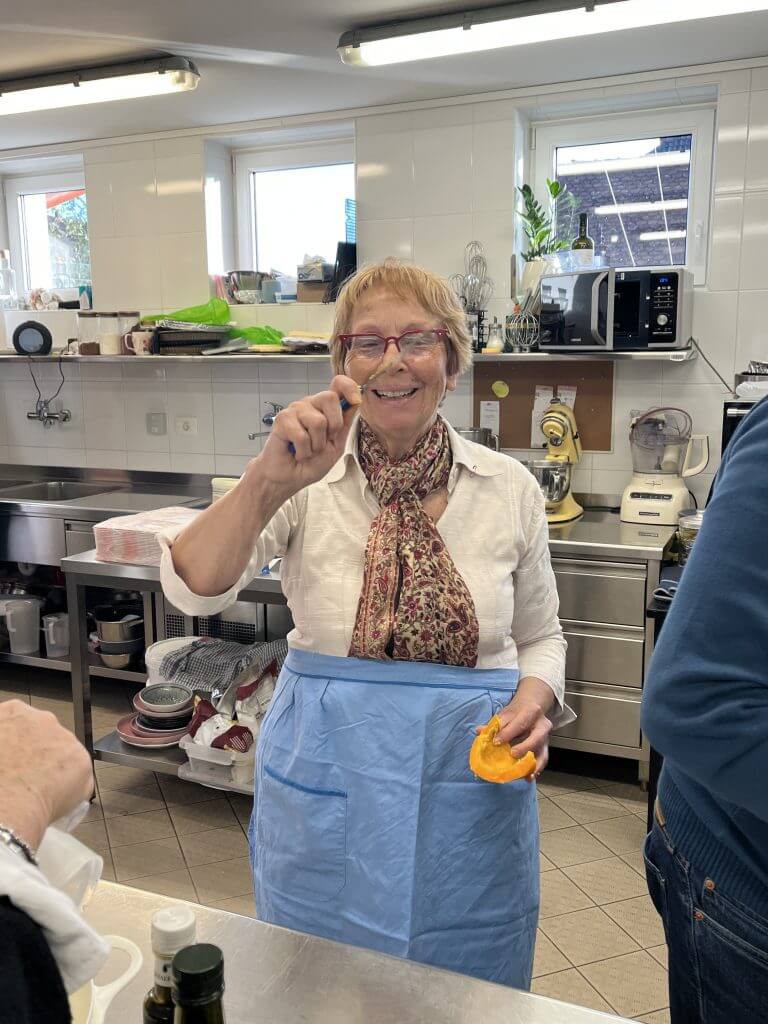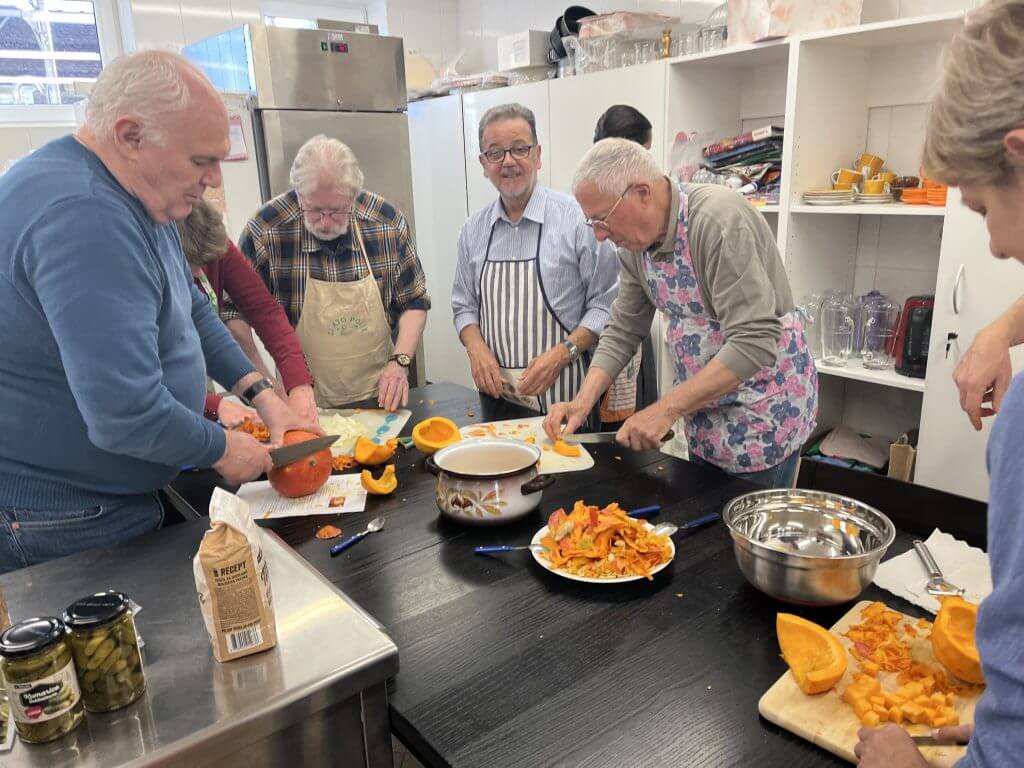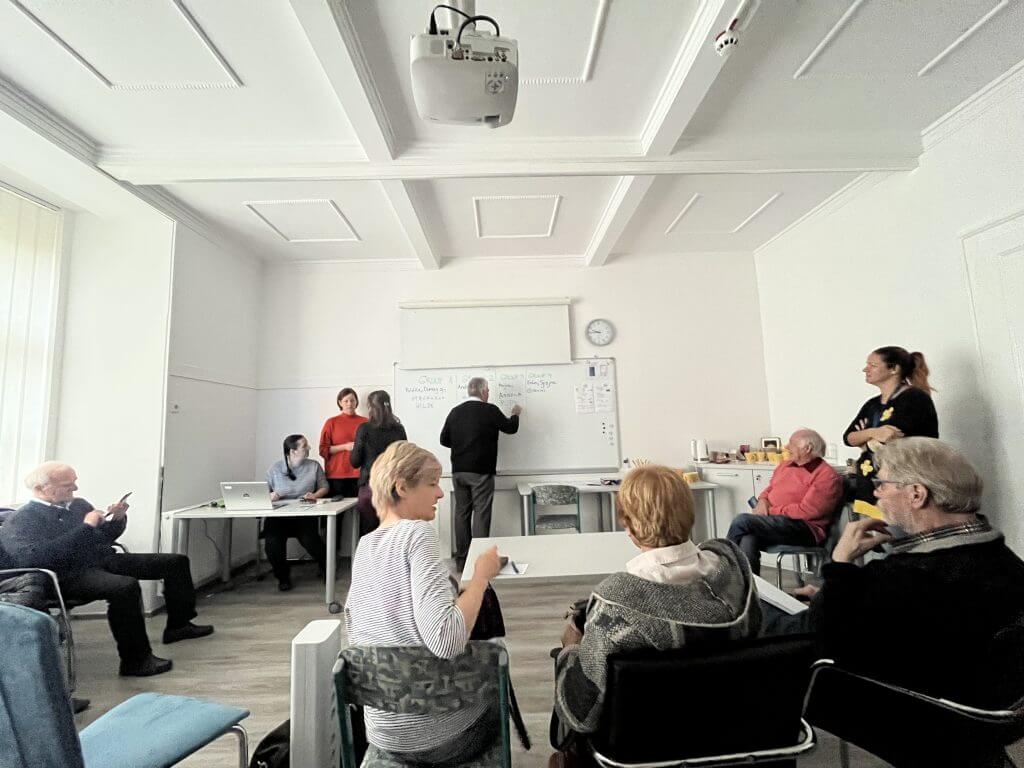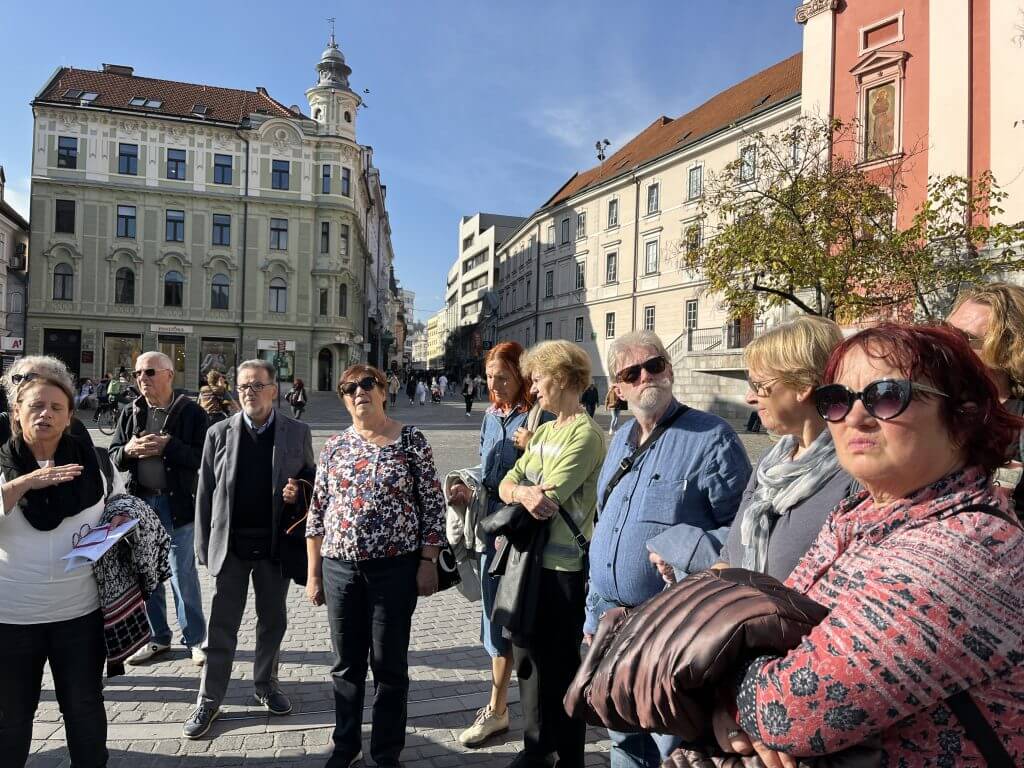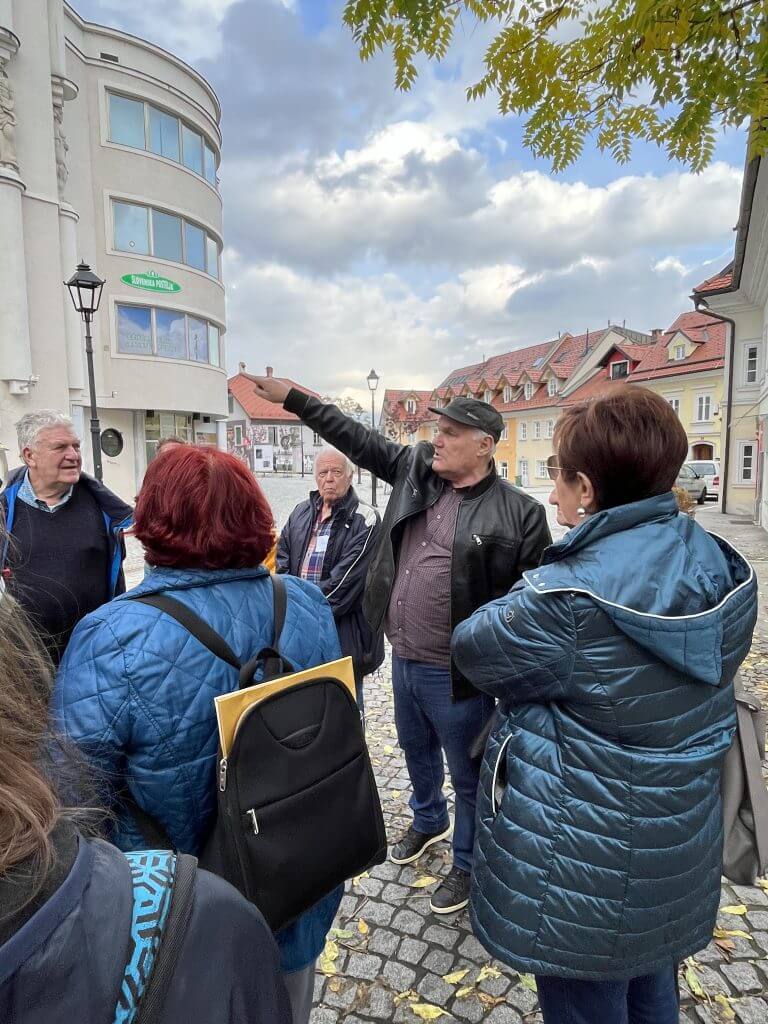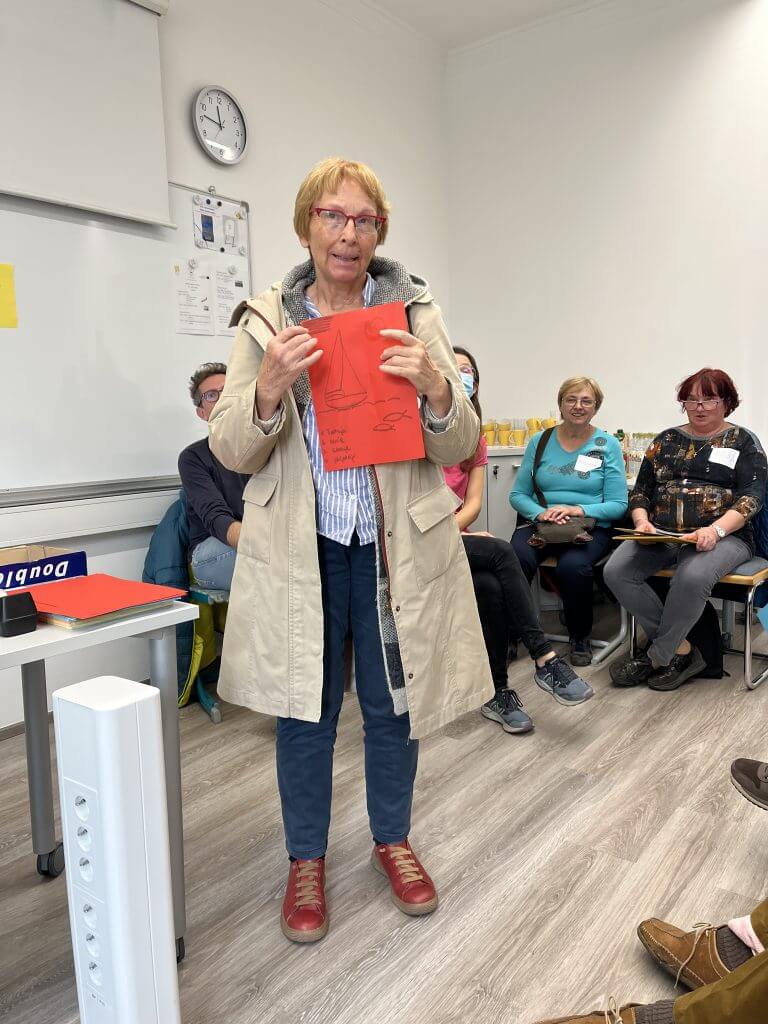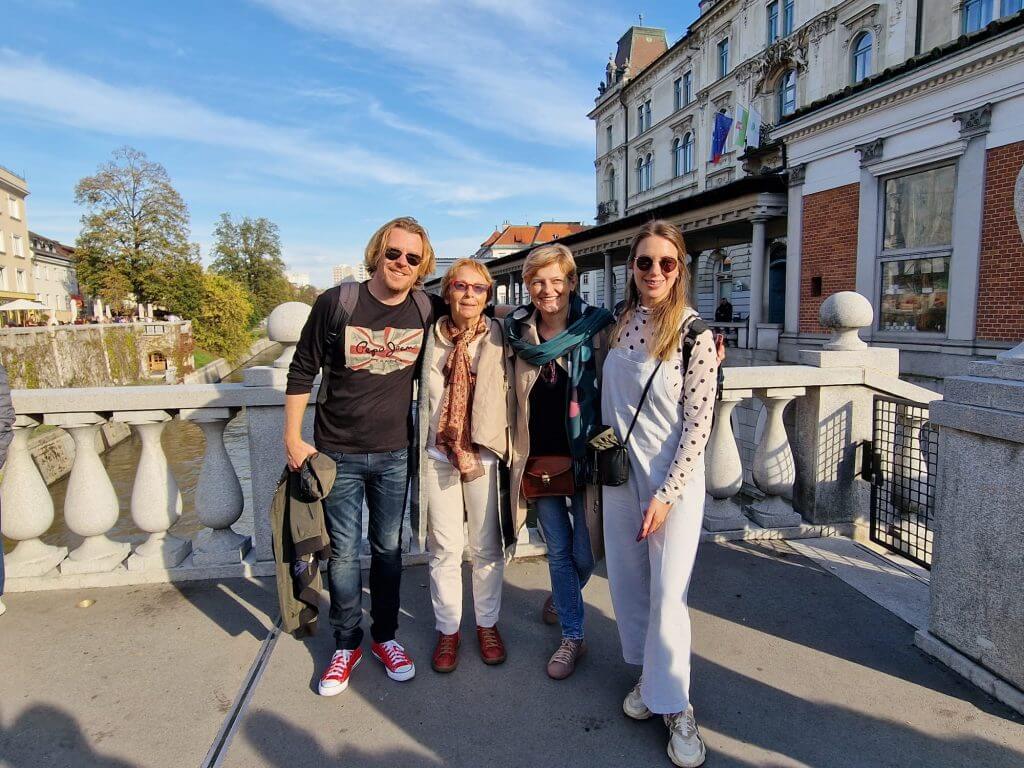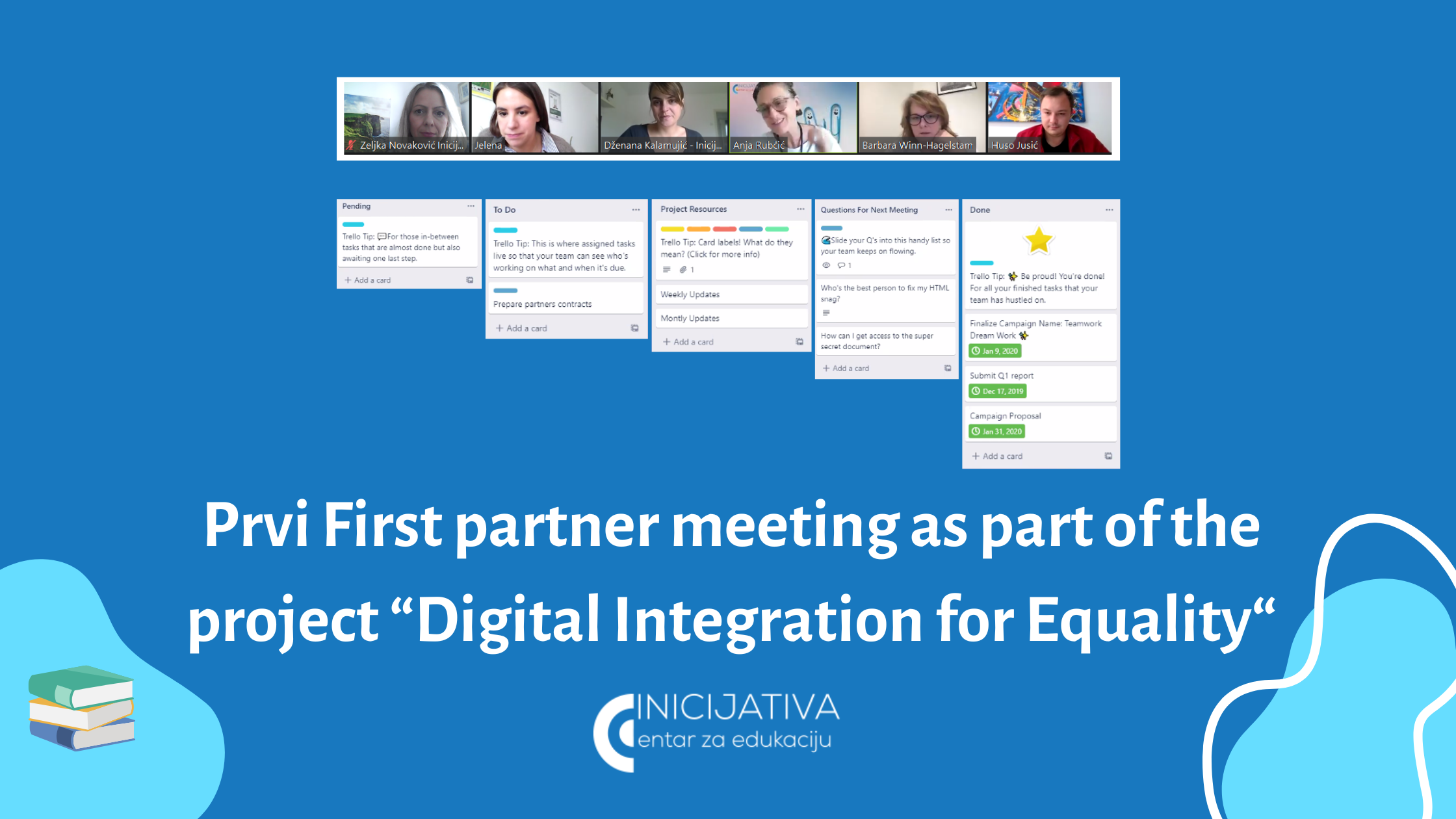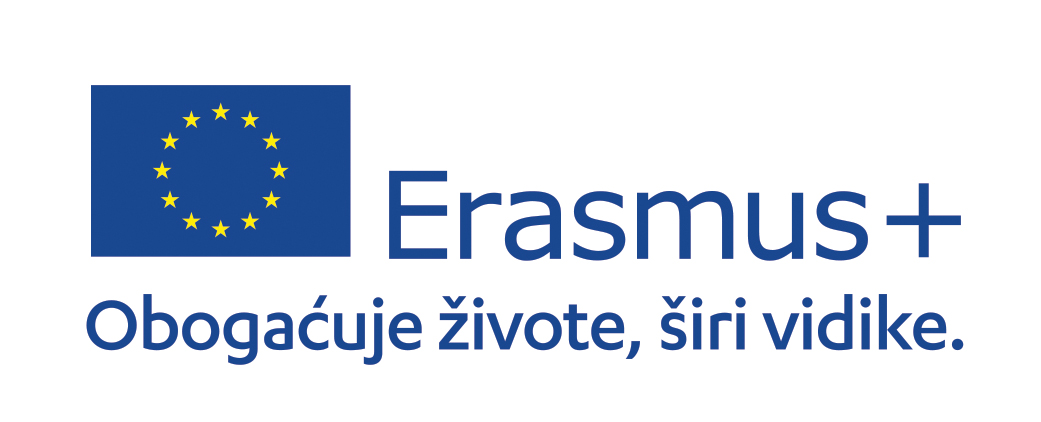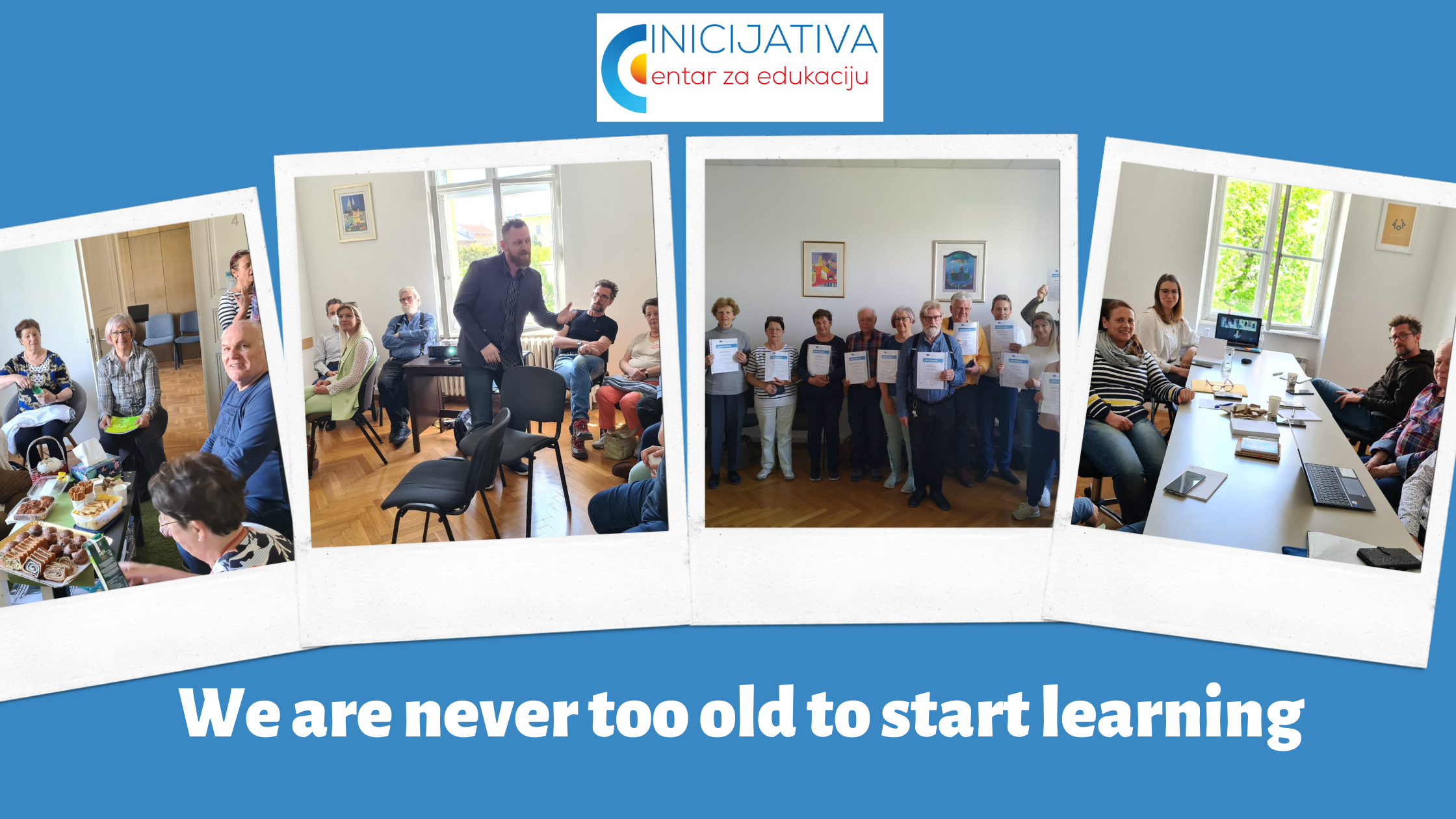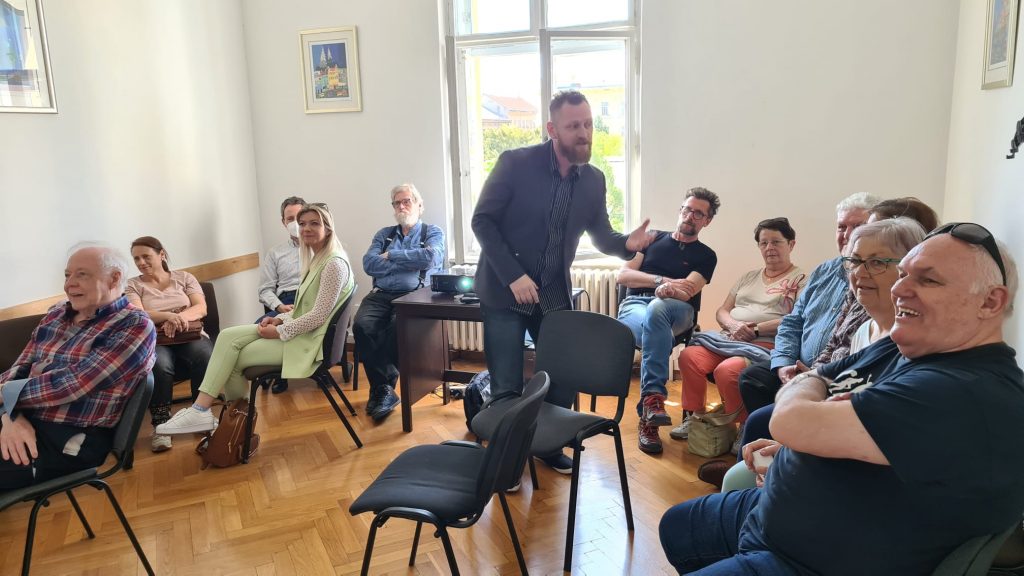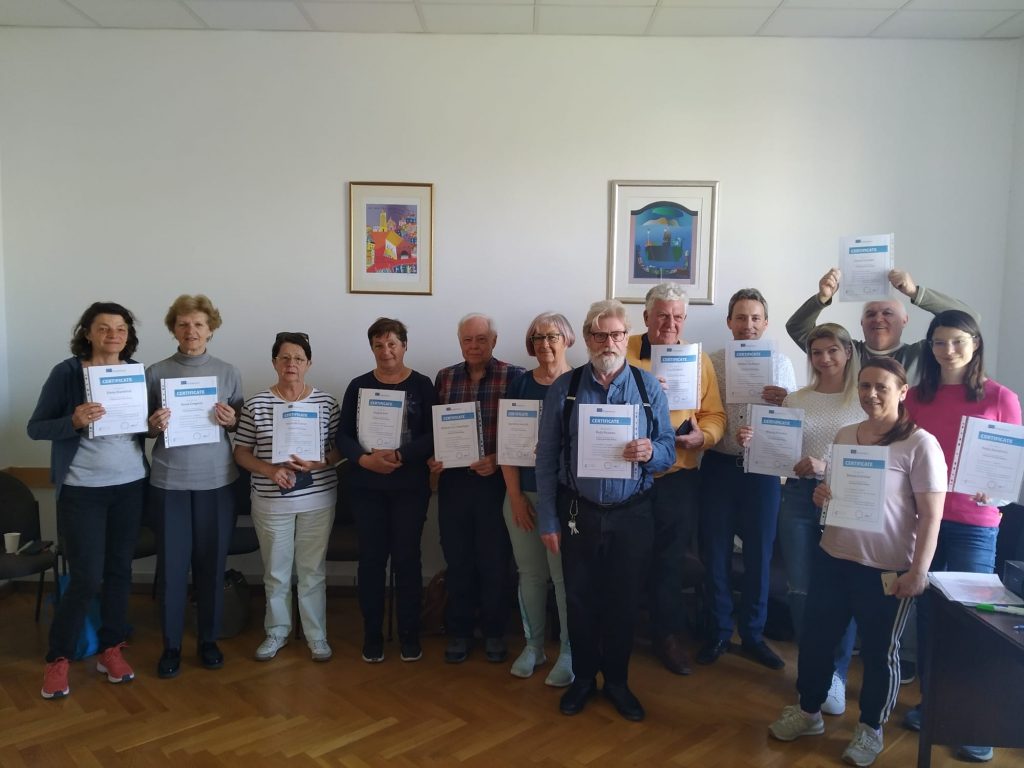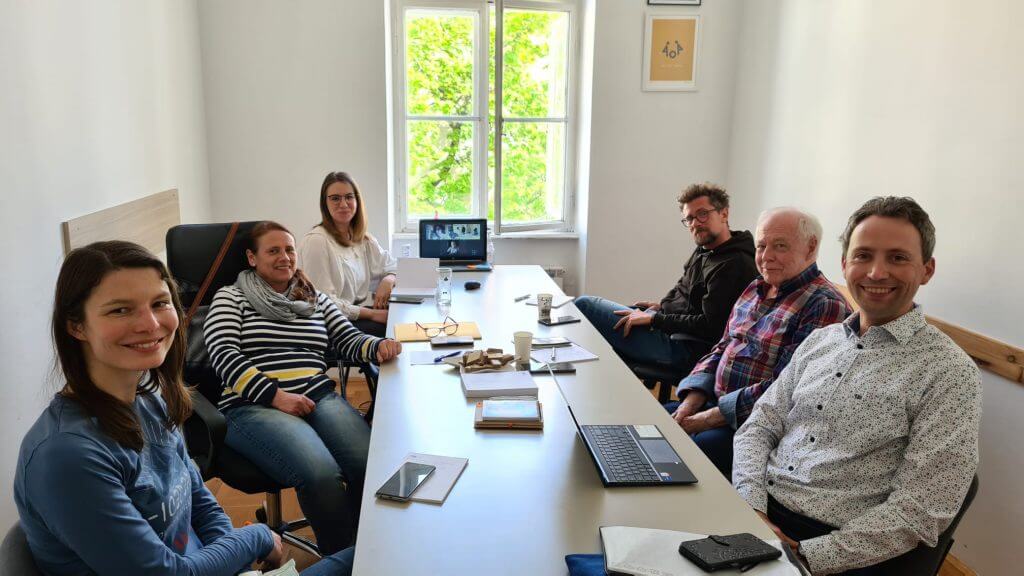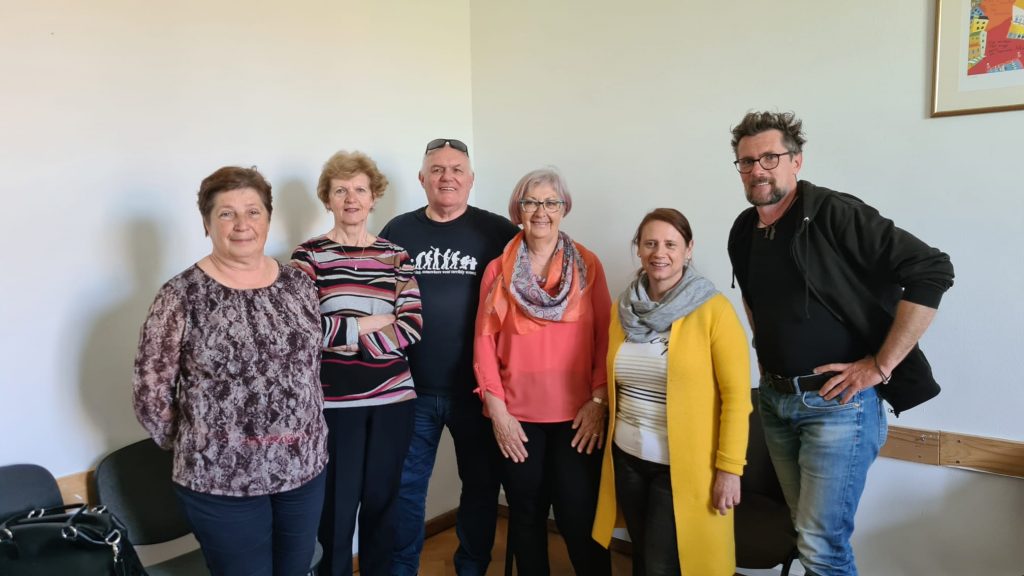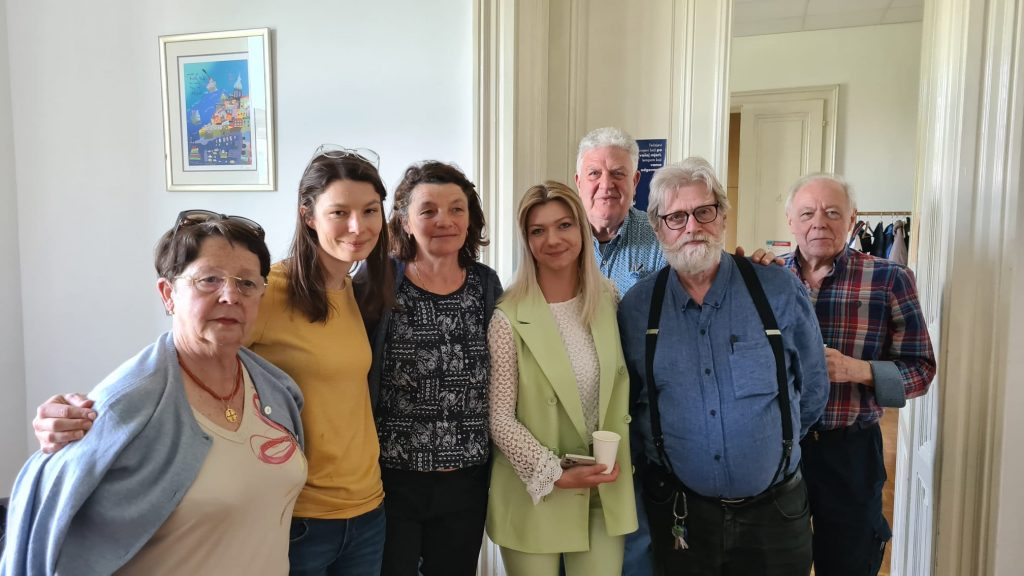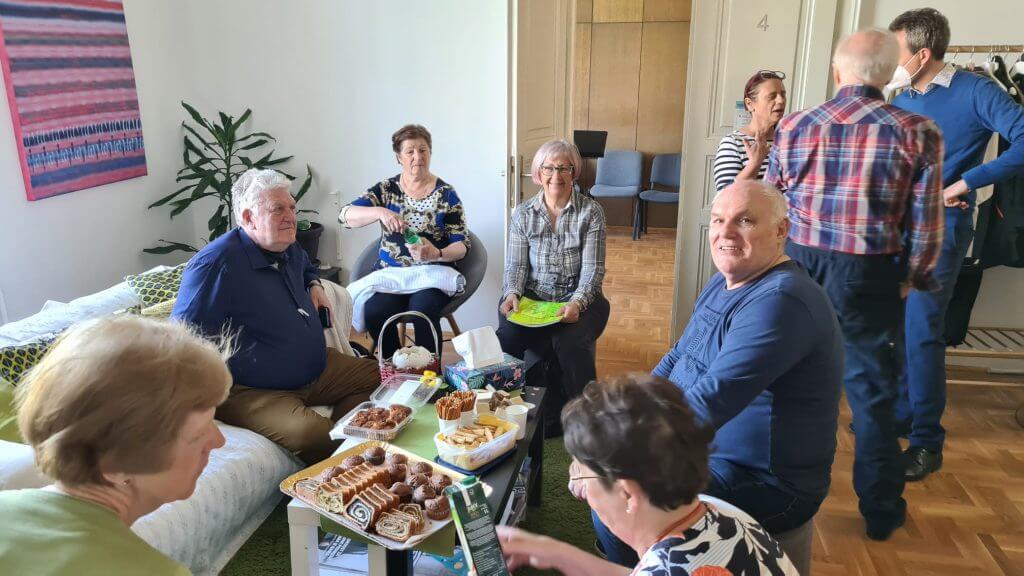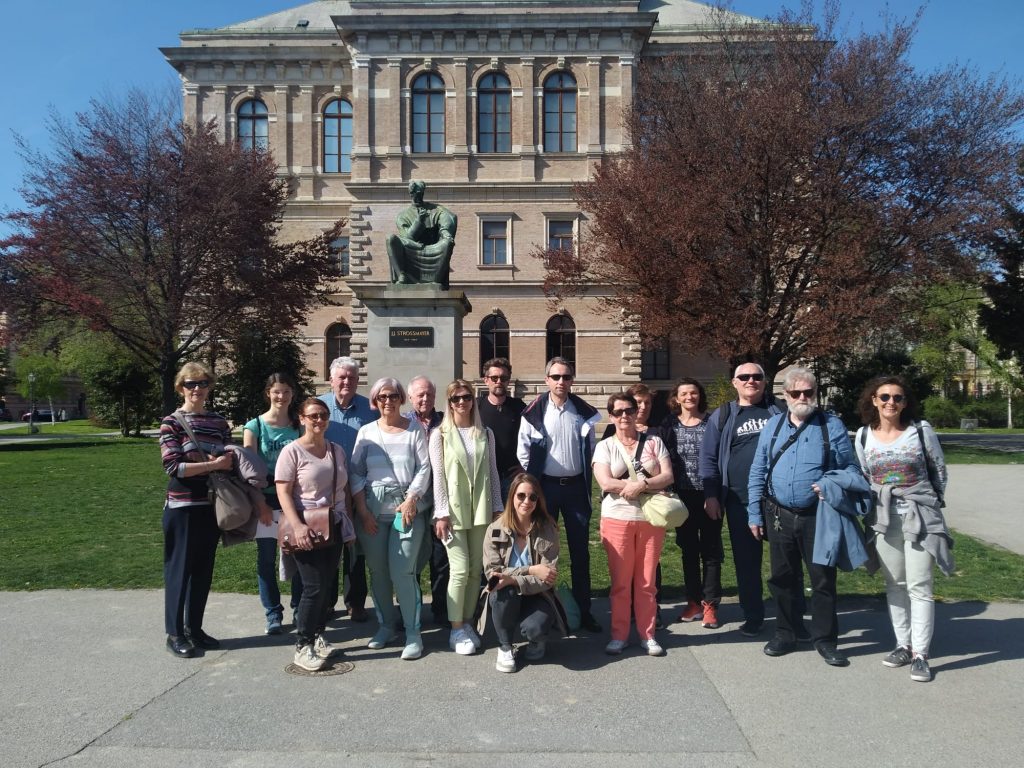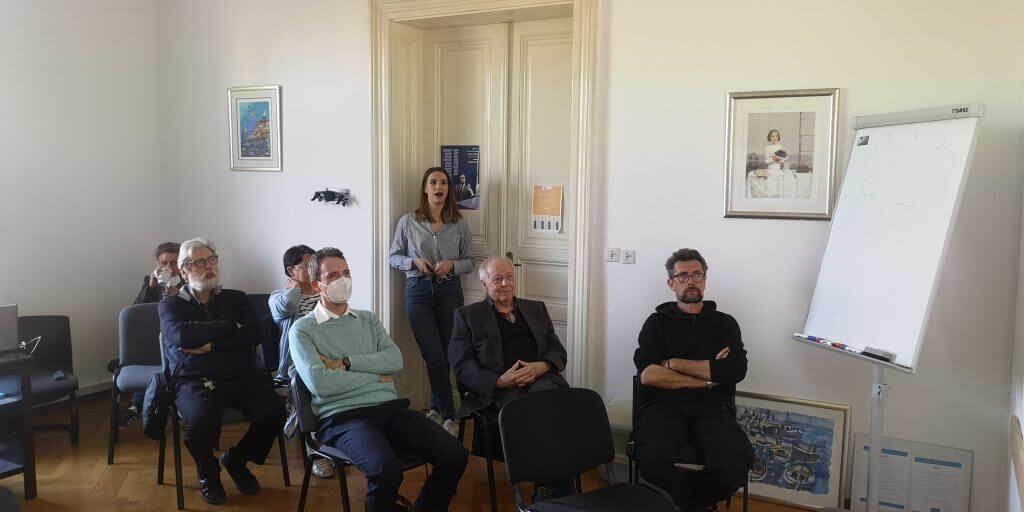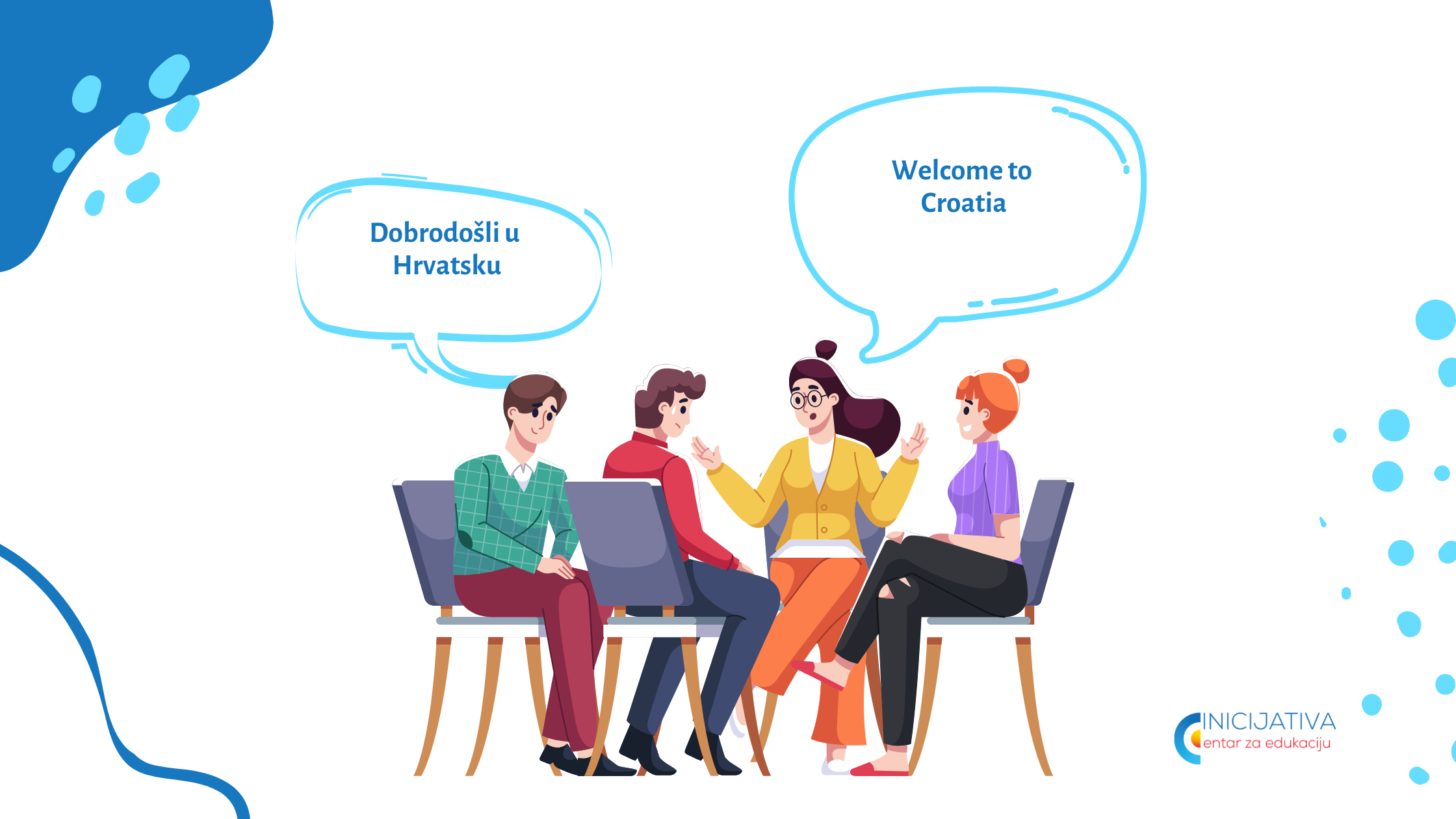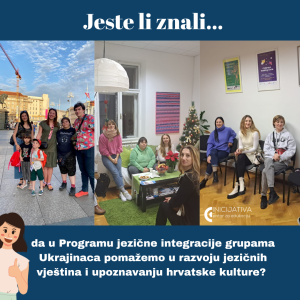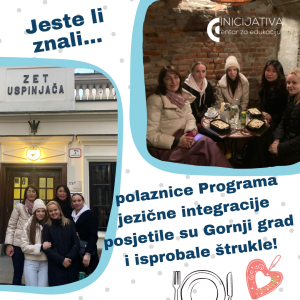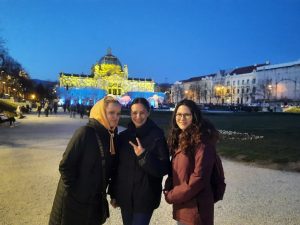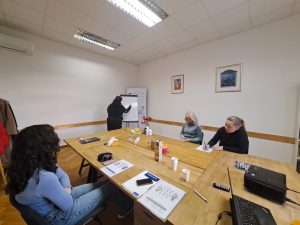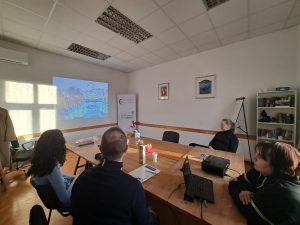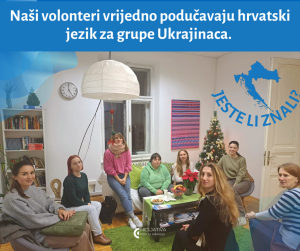Article also avaliable on EPALE.
Photo and Video Making in your Classroom: The Educational Power of Multimedia
May in Florence – doesn’t that just conjure up the most beautiful visions. Florence certainly did deliver. A picturesque and historic Italian city, blooming with flowers, alive with locals and tourists alike.
I visited Florence to attend a video-making course in order to learn some new techniques and ideas for our own school’s lessons. As I already create marketing and educational videos, I was really keen on finding out different ways to introduce video into our regular English lessons.
Our instructor was Riccardo, a young and technologically-savvy trainer, who taught us about different apps and special effects. My classmates were high school teachers from all over Europe, and we were all very interested in different methods we could incorporate into our own classrooms. Hearing about everyone’s teaching experiences really enabled us to understand the differences between our education systems, but also gave us an opportunity to connect over the similarities. I have made some great friends over this short course, and we keep in contact through social media. Some of them even follow our school now on Tiktok where we publish educational language videos.
Our course for the week in Florence was very hands-on and interactive. After some warm-up activities and introductions, we got right into shooting and creating our first video so that everyone could get familiar with cutting and editing clips.
The next day, after a fantastic tour of the centre of Florence, a paradise for art lovers, we made our own videos on Nearpod, a fantastic shared platform where teachers can post, share and utilise a great number of interactive videos, lessons and activities. We were given some great tips, like how to automate subtitling, how to simplify the editing process, and how to add quizzes and activities to our lessons. With such an abundance of content on this app, it will definitely be something to introduce into our own classes. Since most of our lessons are now online, it is only natural to expand our way of teaching and cross over more and more into the online world. Each of our teachers can create their own lessons, and then we can share content between ourselves, as well as any other teachers using the platform. It provides an array of ideas, many of which can be used in our own courses, and simplifies the way in which we create and share interesting lesson plans.
Kapwing was our next app, and although I had already used some basic Kapwing for some of my own videos, it was great to learn a few more tips from our trainer. Riccardo really helped us understand how and why to use special effects, stock photos, audio, etc.
On Thursday, we had a field day, trawling the streets of Florence during our ‘Goosechase’. We had downloaded this app which helps run real-world interactive experiences. Our trainer had marked about a dozen significant spots on a map of Florence, and we went on a treasure hunt, taking photos at the scene, and sending them back in real-time. We were competing against each other and had to find a tactic on how to reach every spot before the other teams. If one team reached a spot, we got a notification, which pushed us to speed walk back and forth across the Arno River and through the narrow streets in search of our next post. Florence is not so tiny – I think we walked over 7kms in those few hours! J Unfortunately, my team didn’t win the contest, but we had such a blast playing! This activity would be a fantastic addition to an outdoor learning lesson, which we could incorporate into our own lessons with our students. Not only would they learn more about the history and hidden spots of Zagreb and Split, but they would definitely enjoy the competitive nature of this activity.
Our last day focused on Claymation, the art of moving objects little by little, taking photos and creating videos from them. It is a very meticulous process, taking us nearly an hour to produce a video of only a few seconds. It was my first encounter with a stop-motion exercise, but saw that it could be a great activity for children, requiring a high level of concentration, energy and attention to detail.
Our final task was to make a video about Florence, utilising the skills we had acquired over the week. Some of us used a little stop-motion, some created an interactive quiz embedded in the video. We used our own footage and some online photos, and created mini-lessons as part of the video. This is a very dynamic way to teach any subject, and I think that it will enrich our own students’ learning experience, giving them different ways to immerse themselves in learning languages. As we all know, some of us learn better visually, some of us through audio, some of us with hands-on activities. I can’t wait to introduce some of these techniques into our lesson plans, giving our students a more colourful and proactive approach to learning.
Ema Barbir
